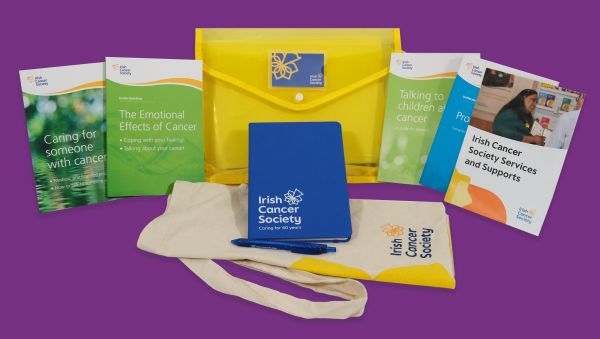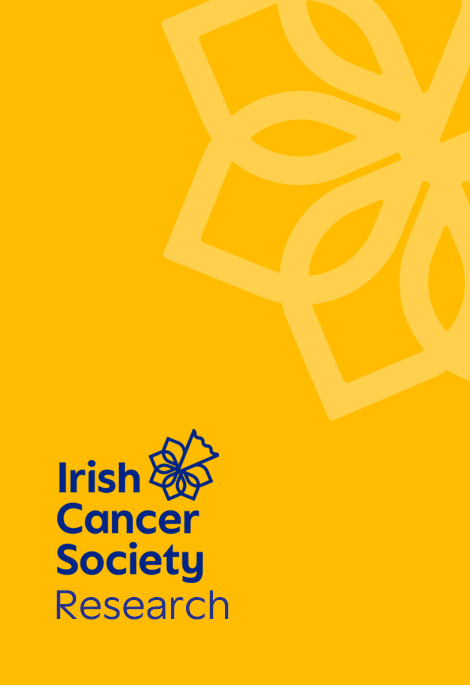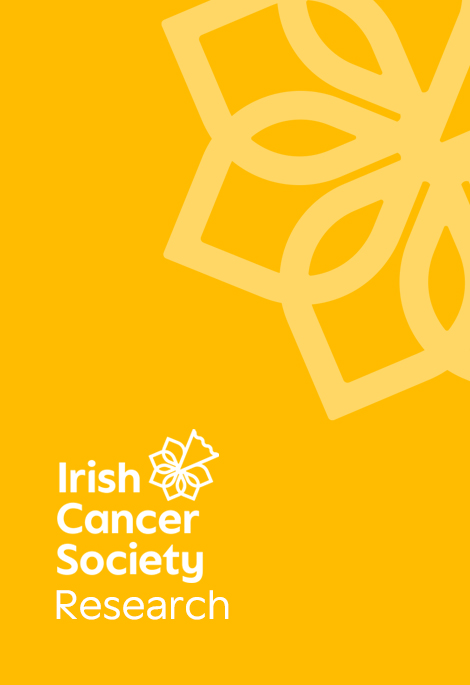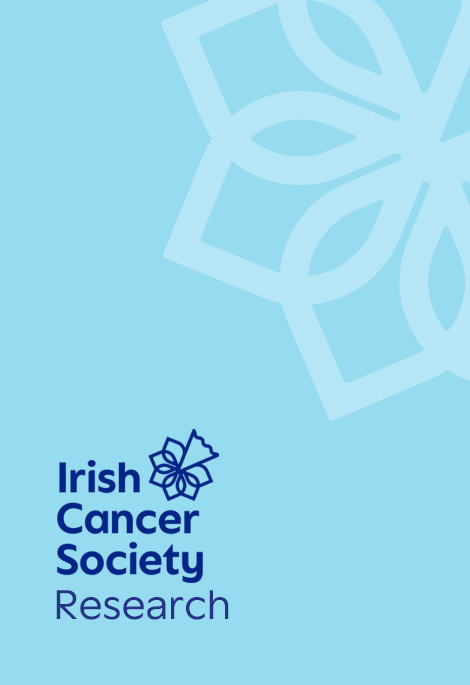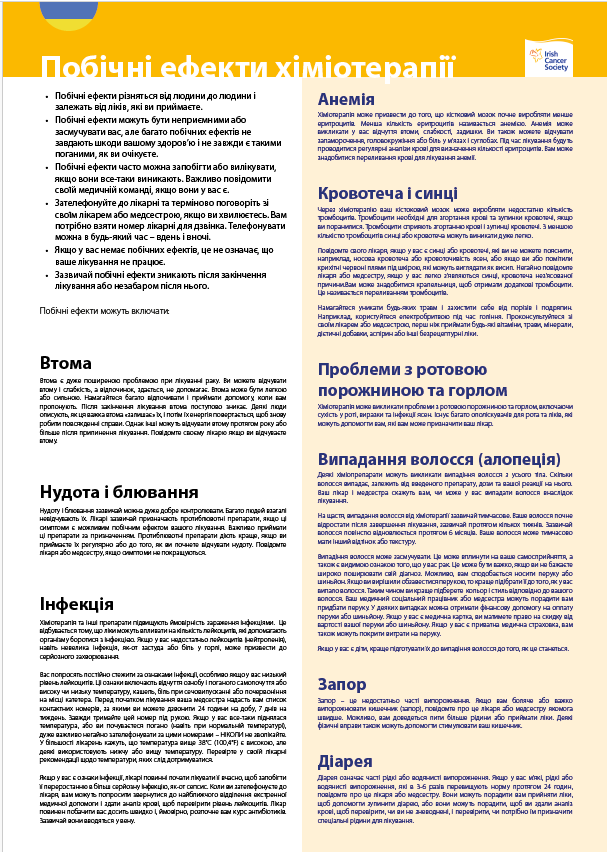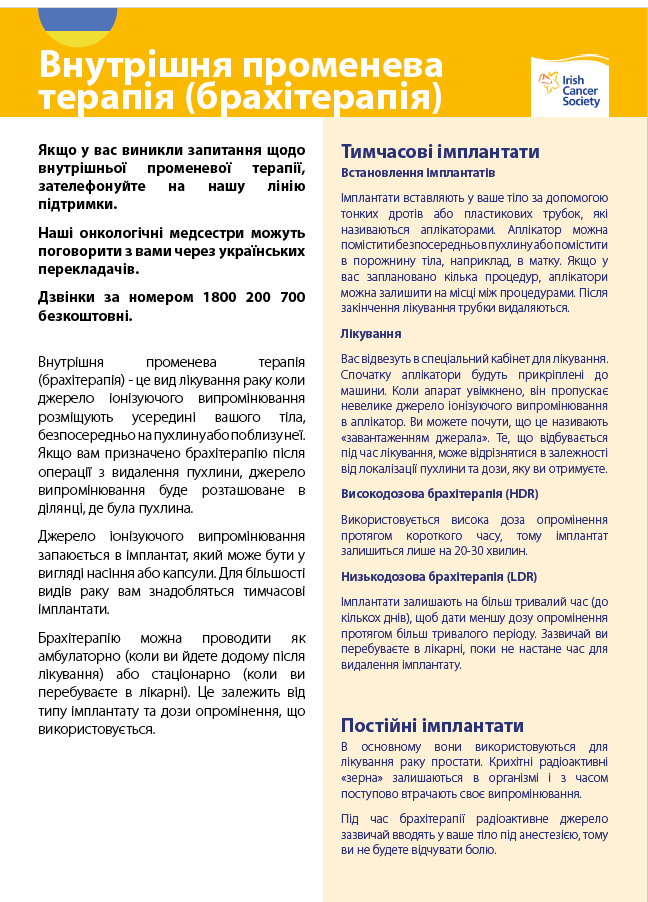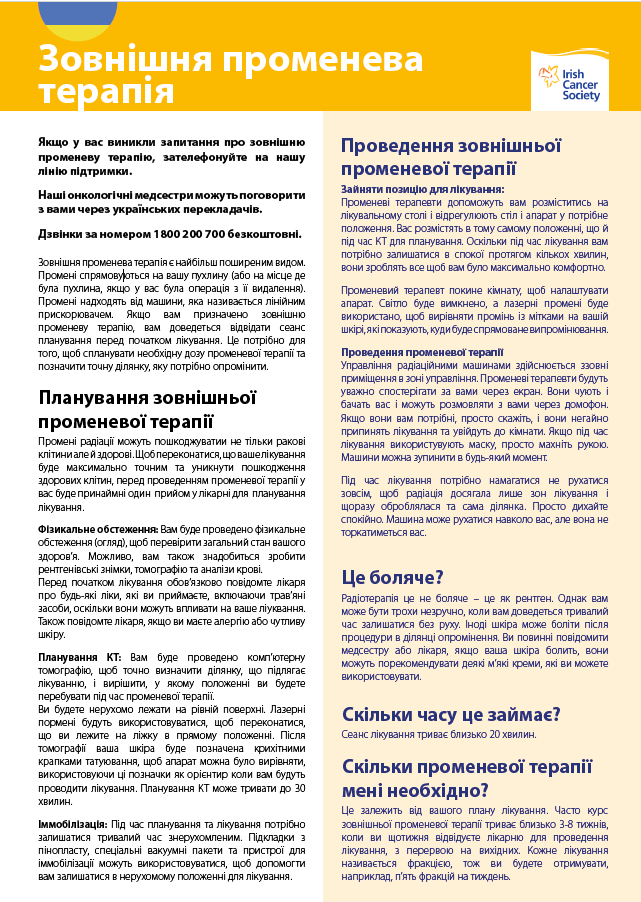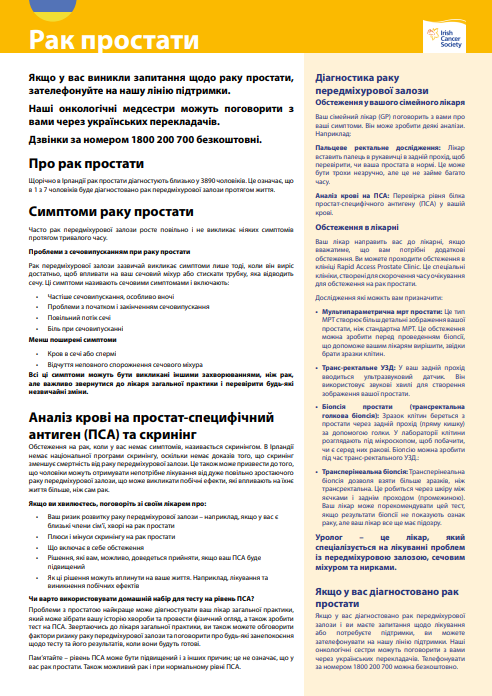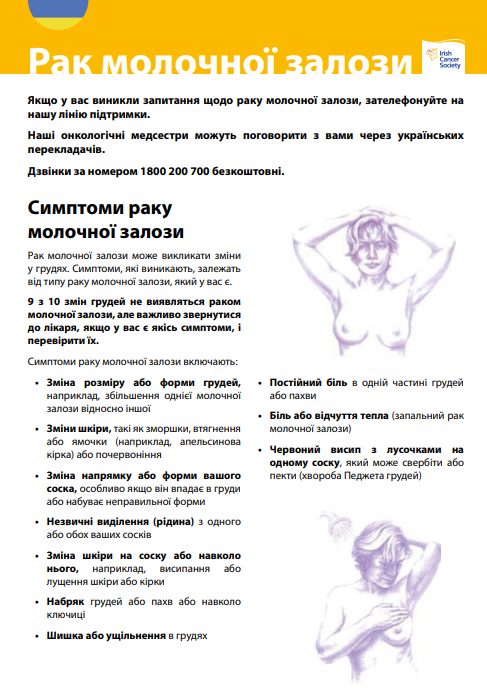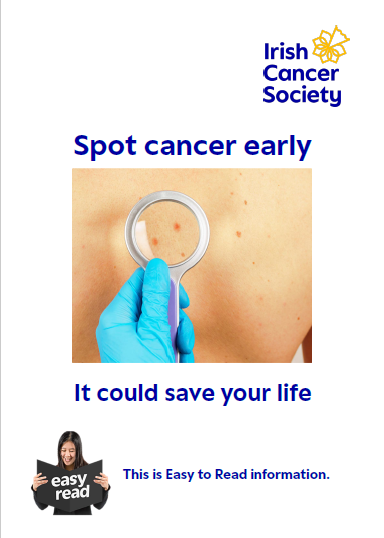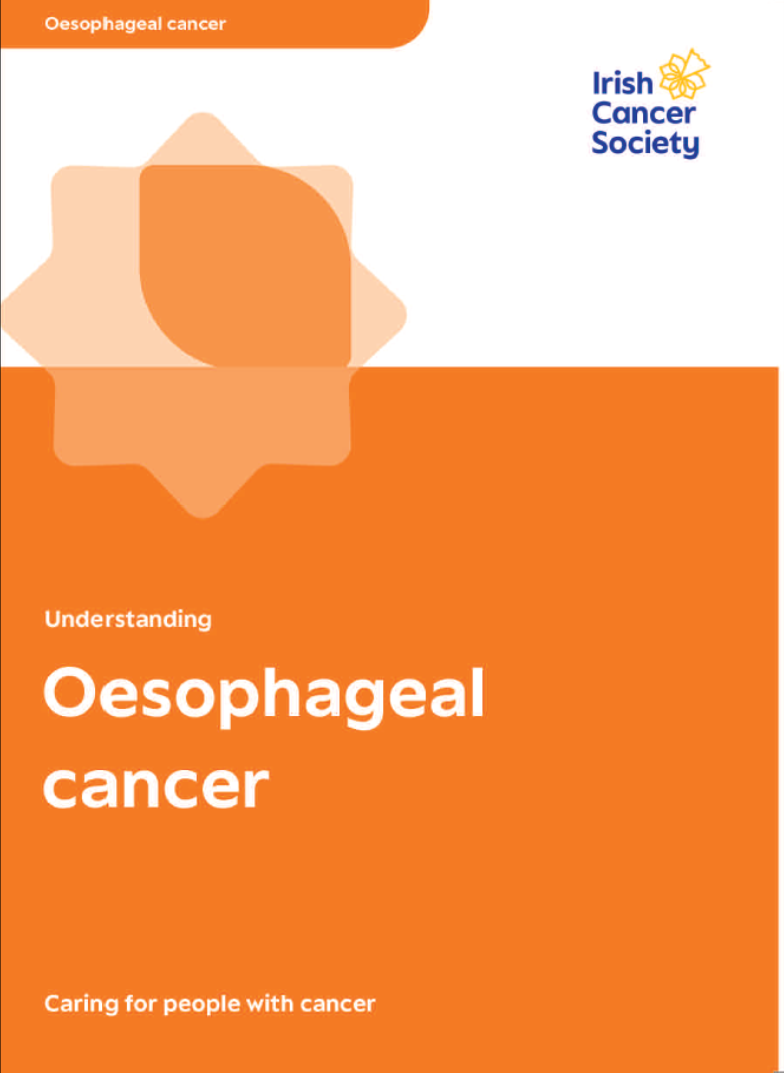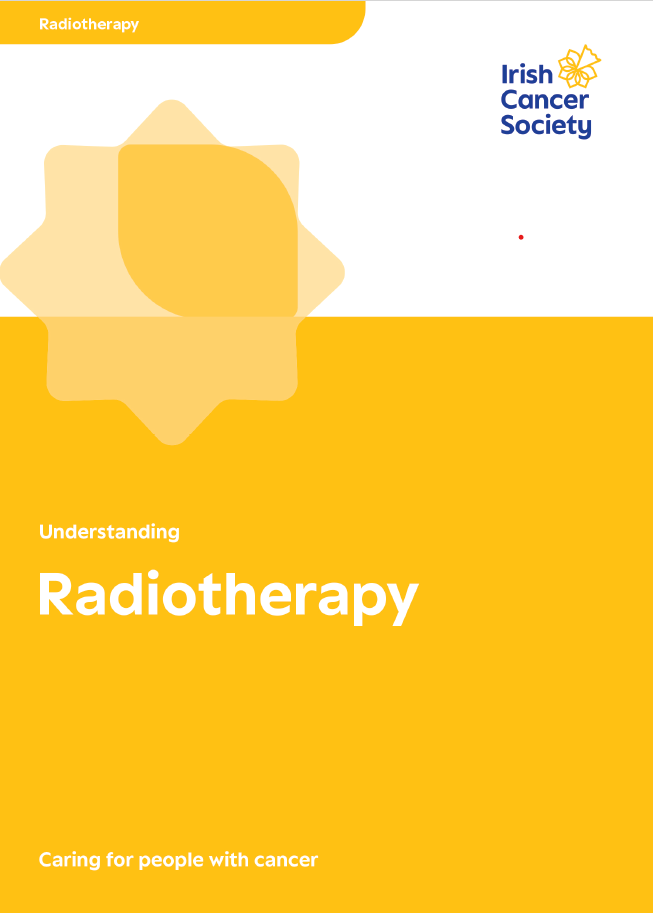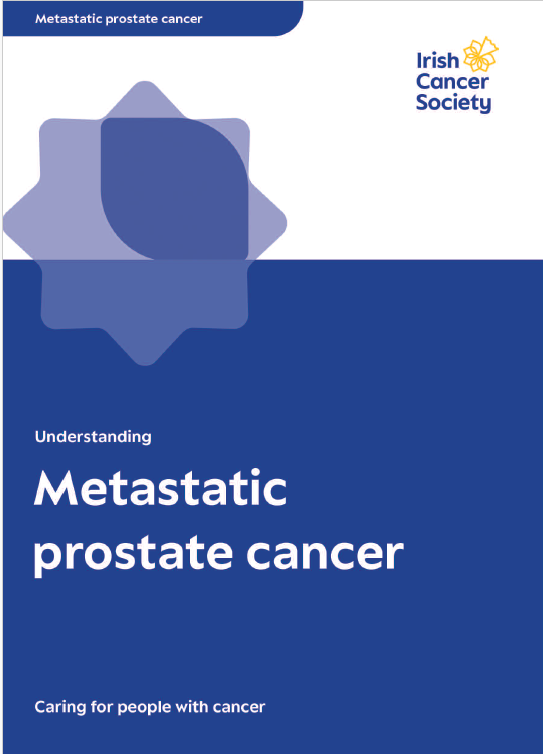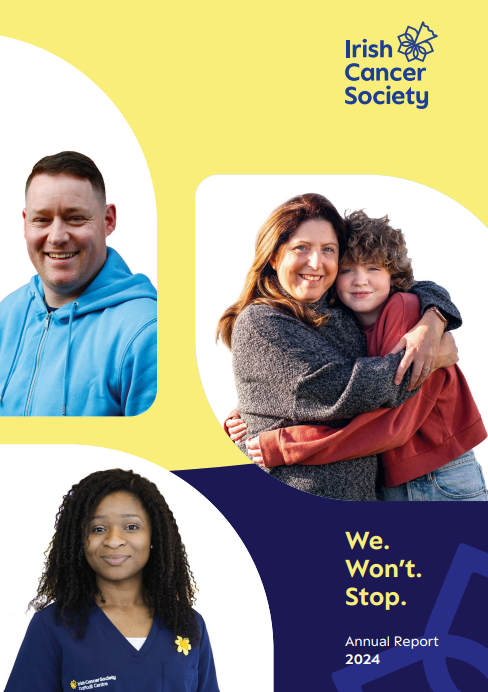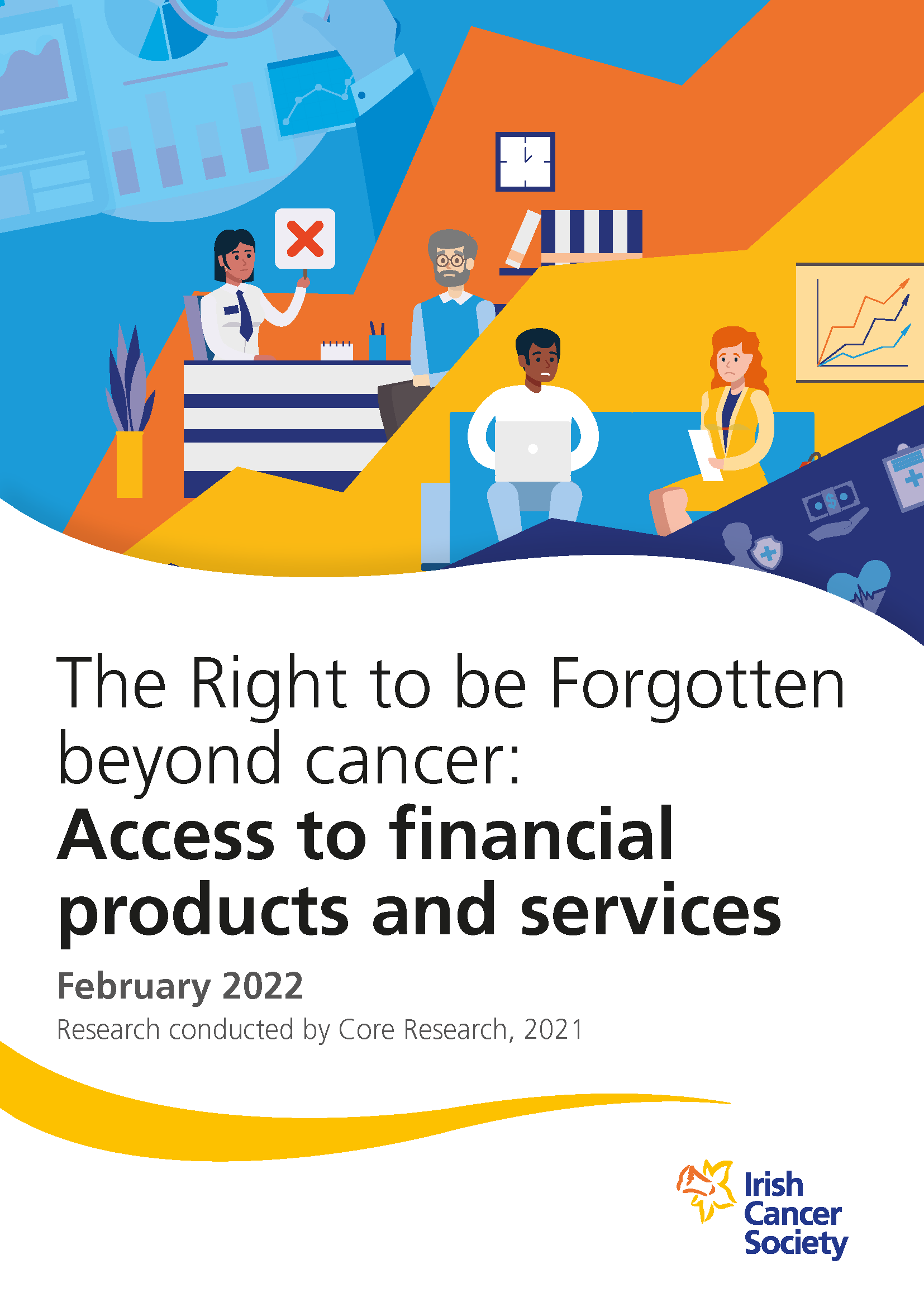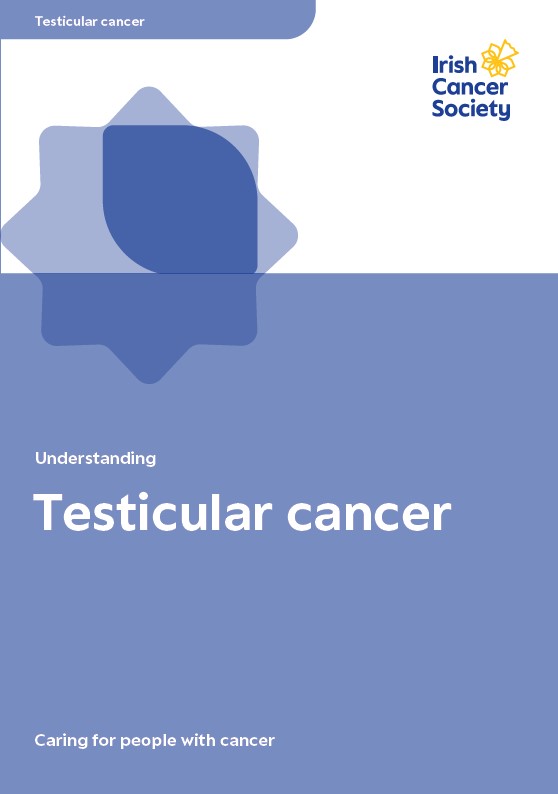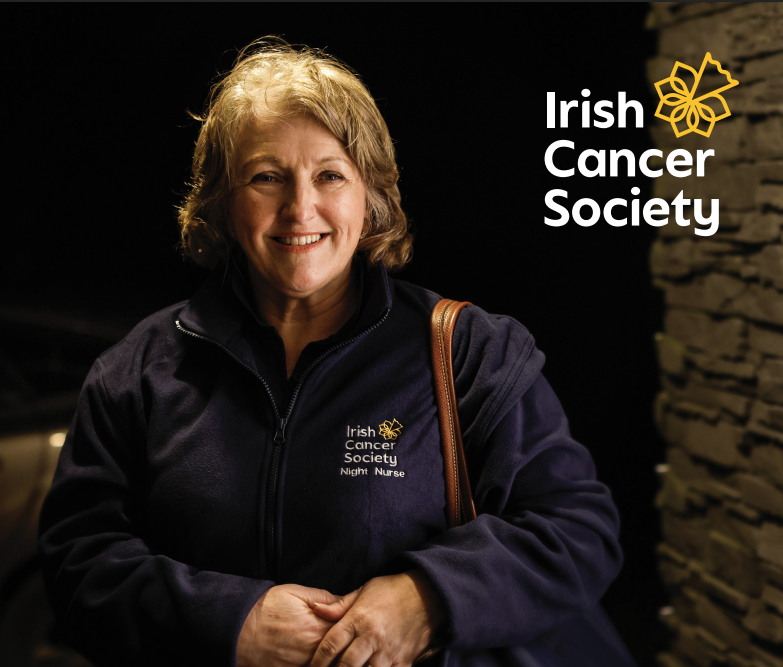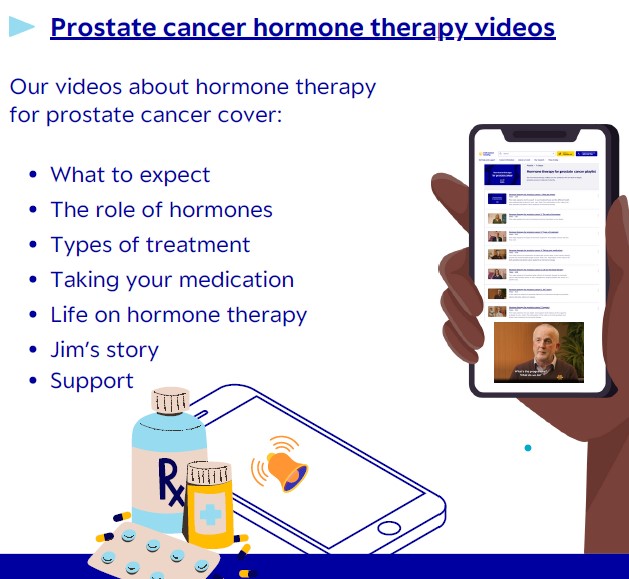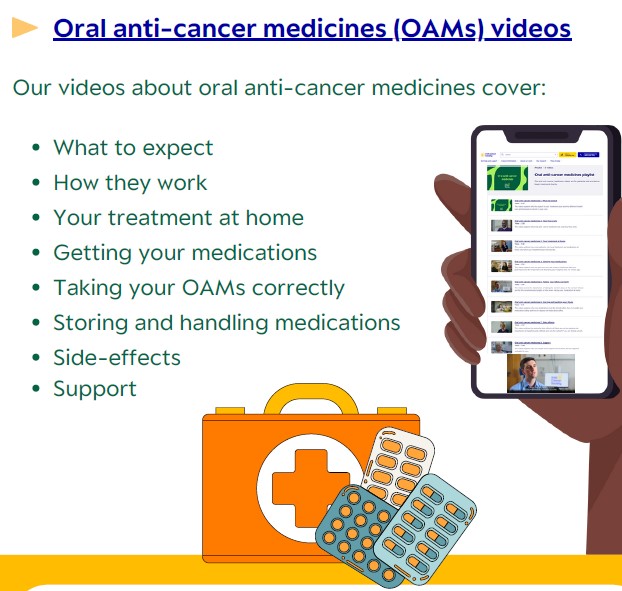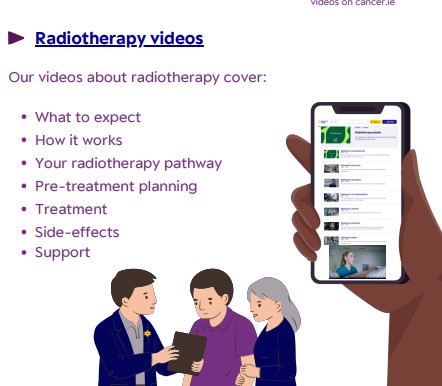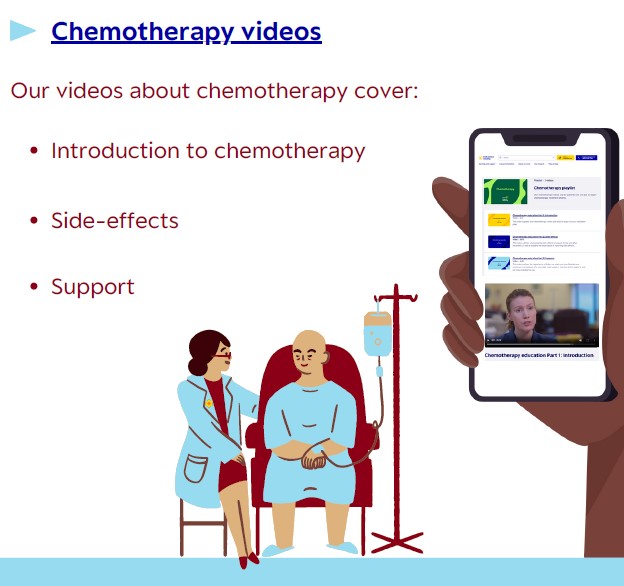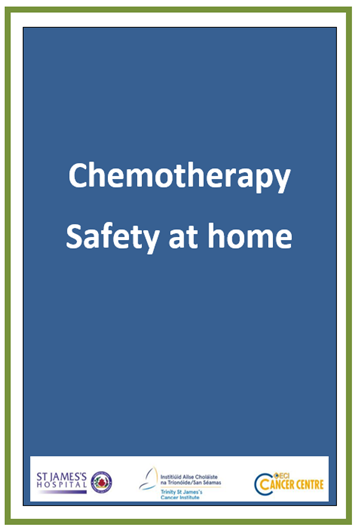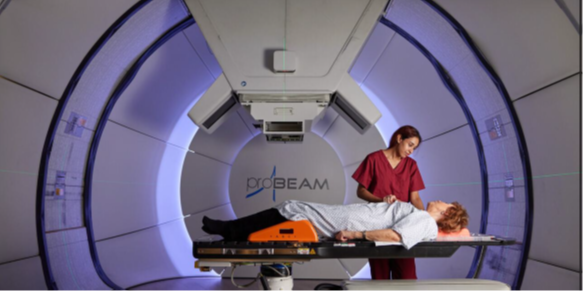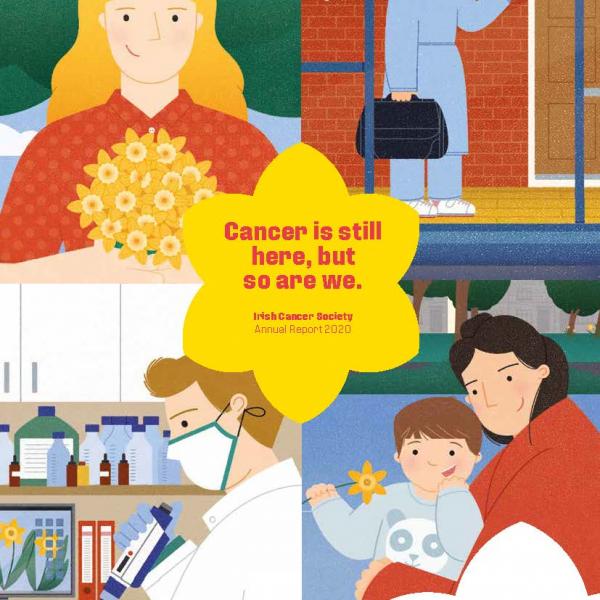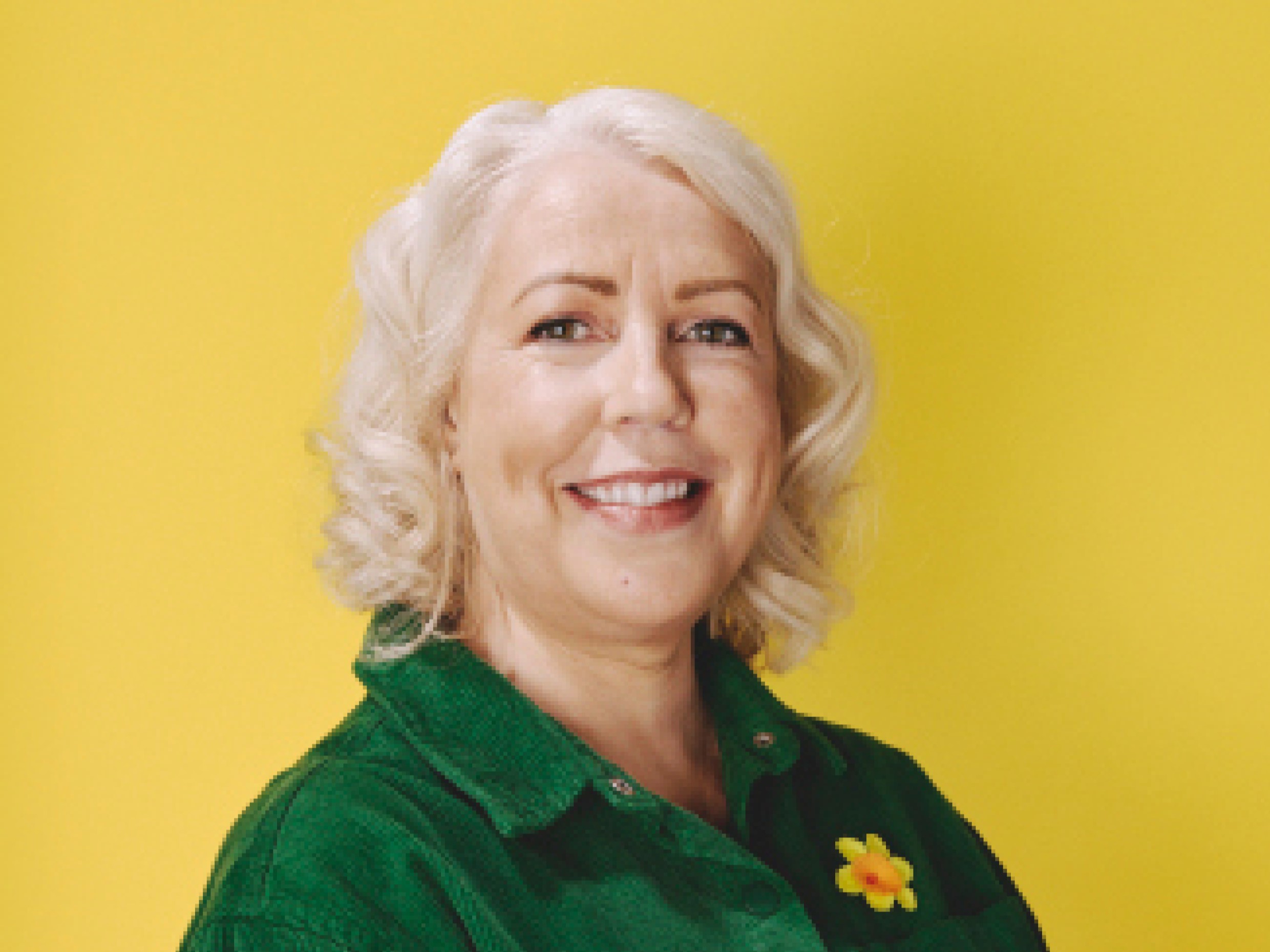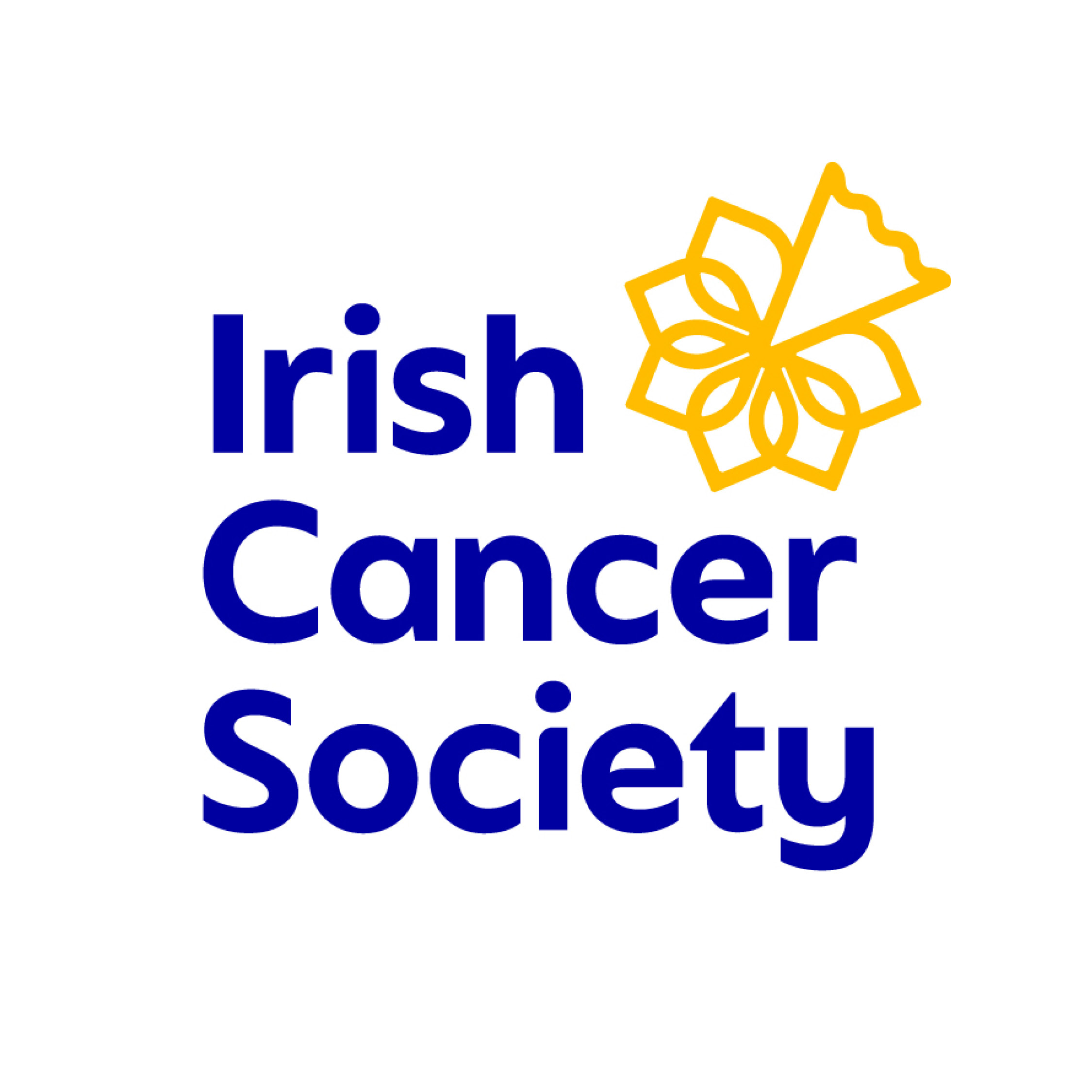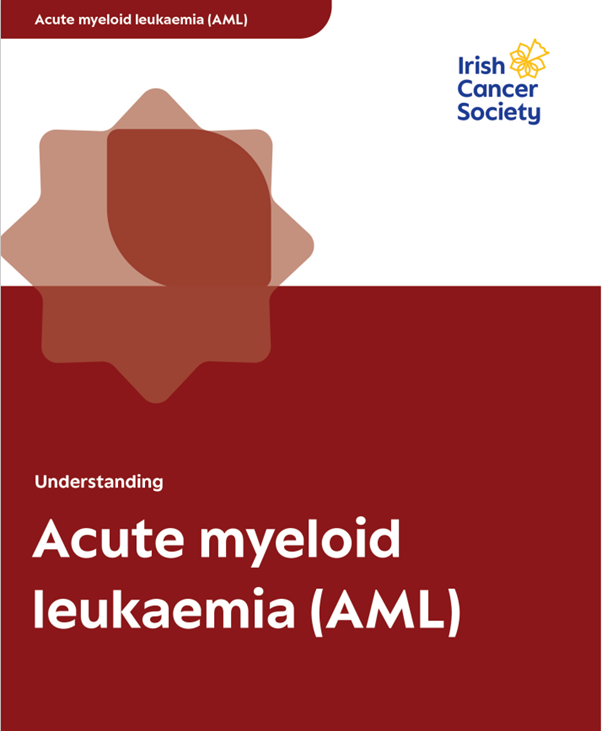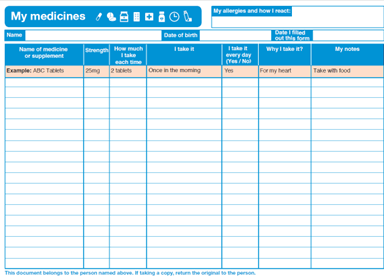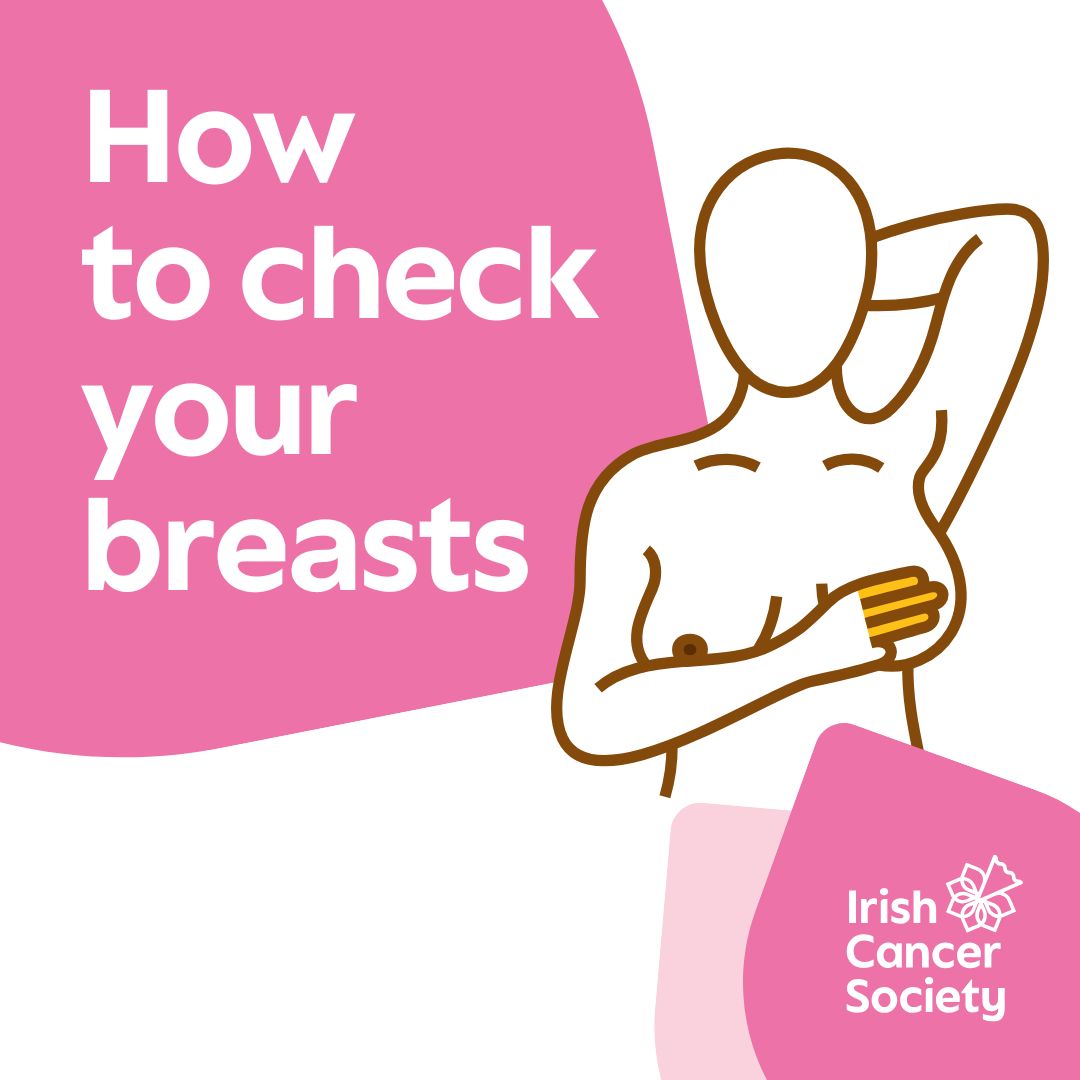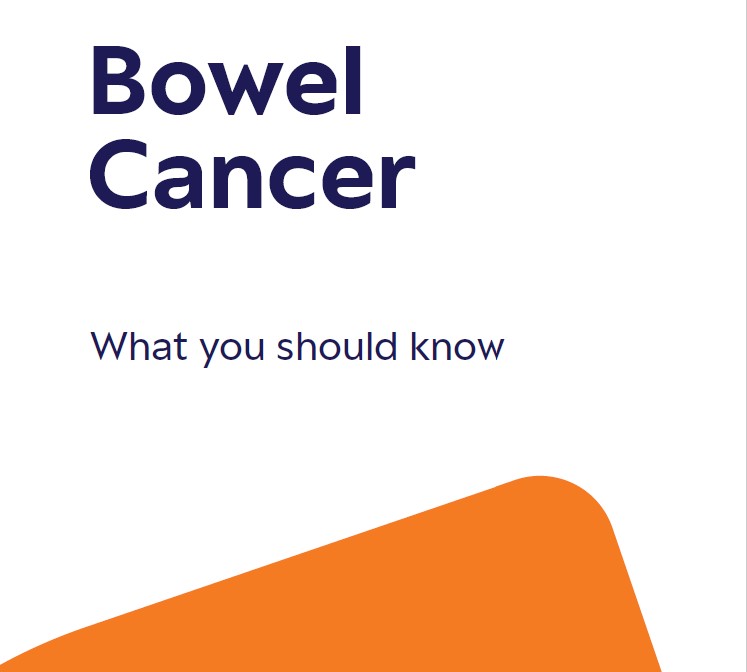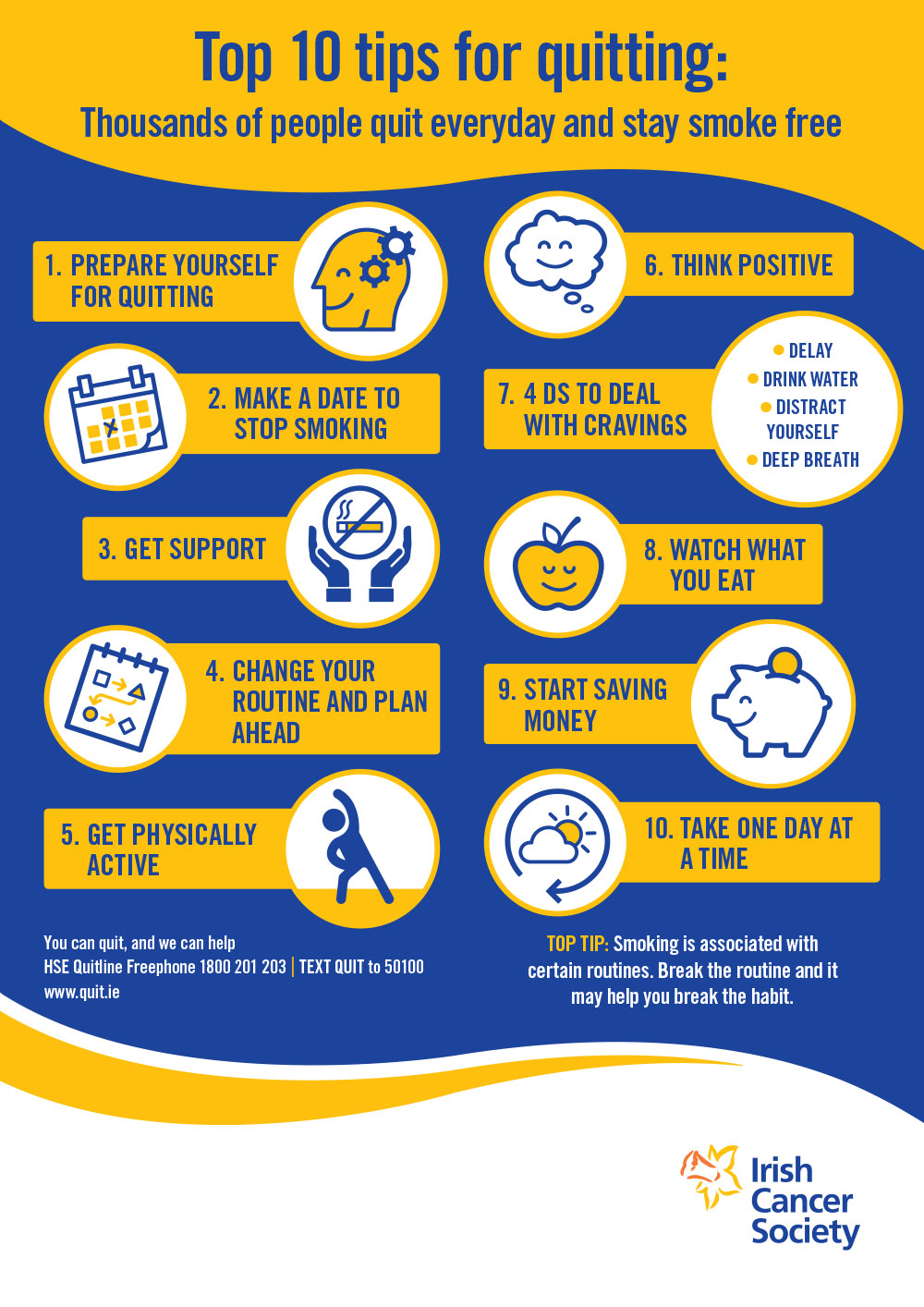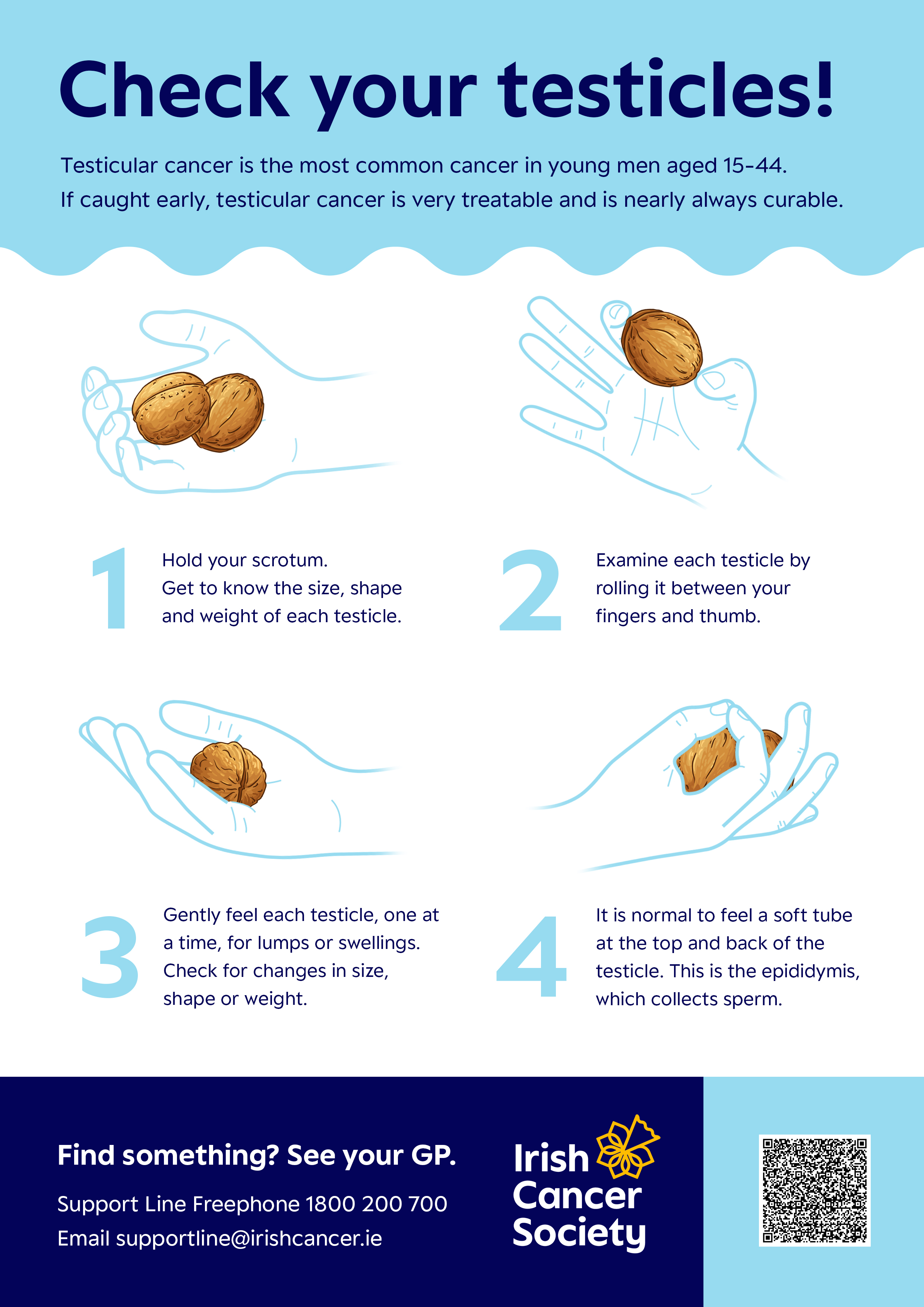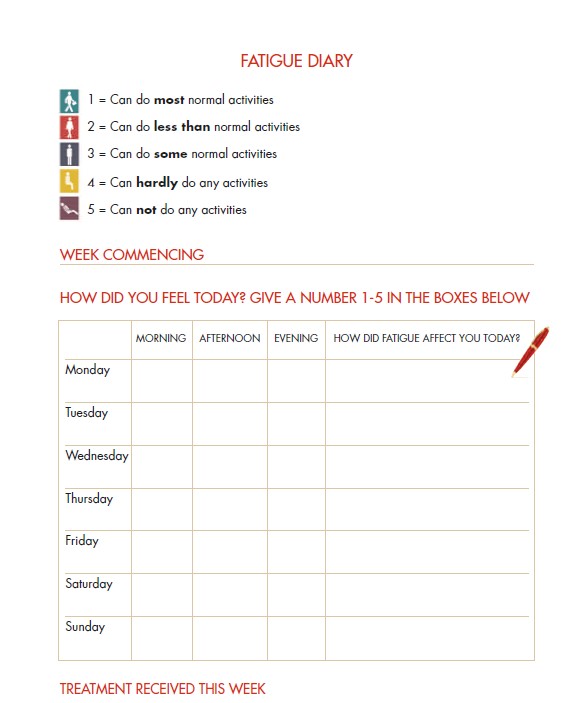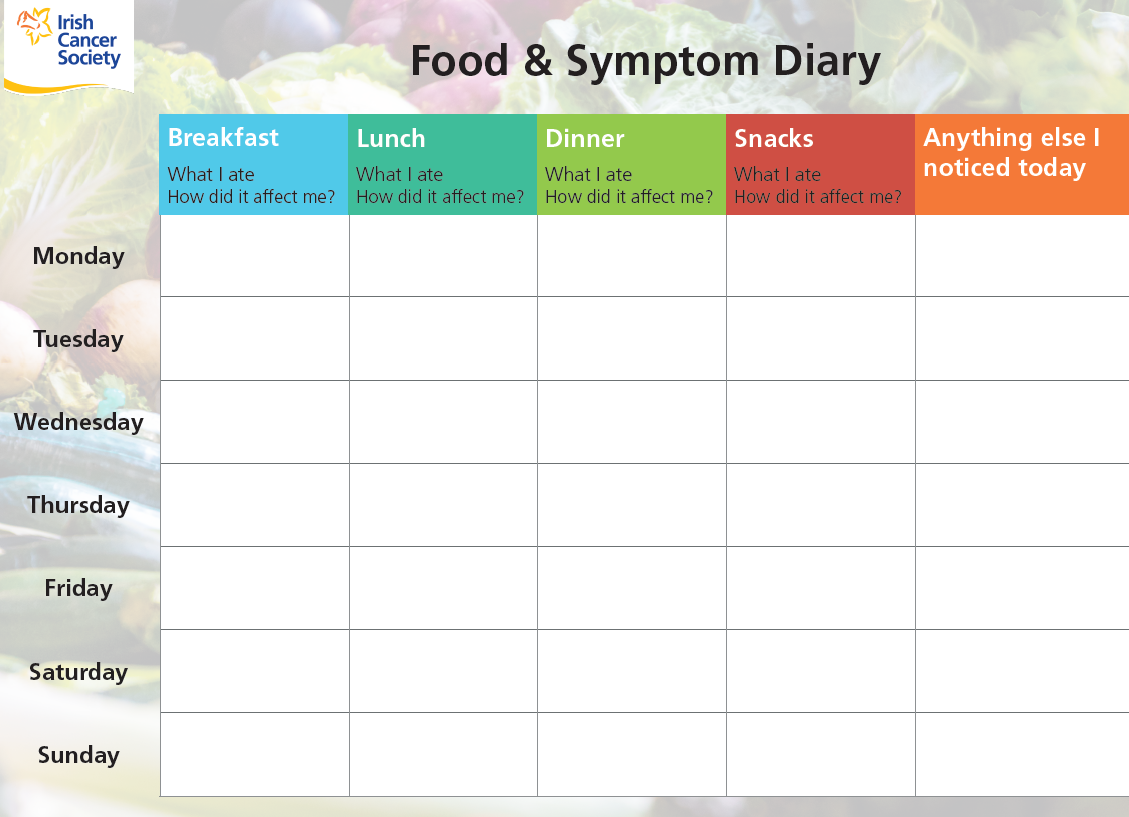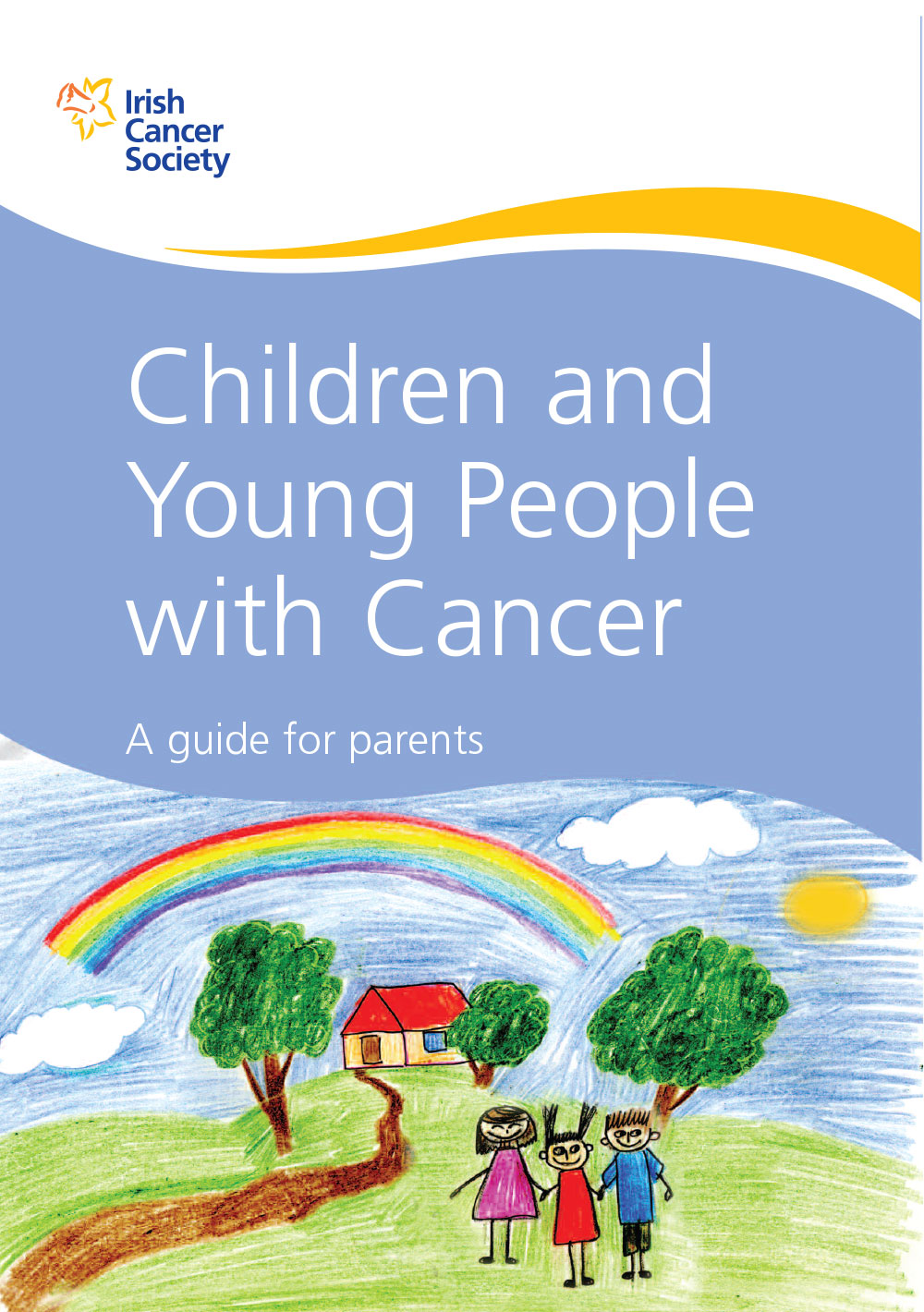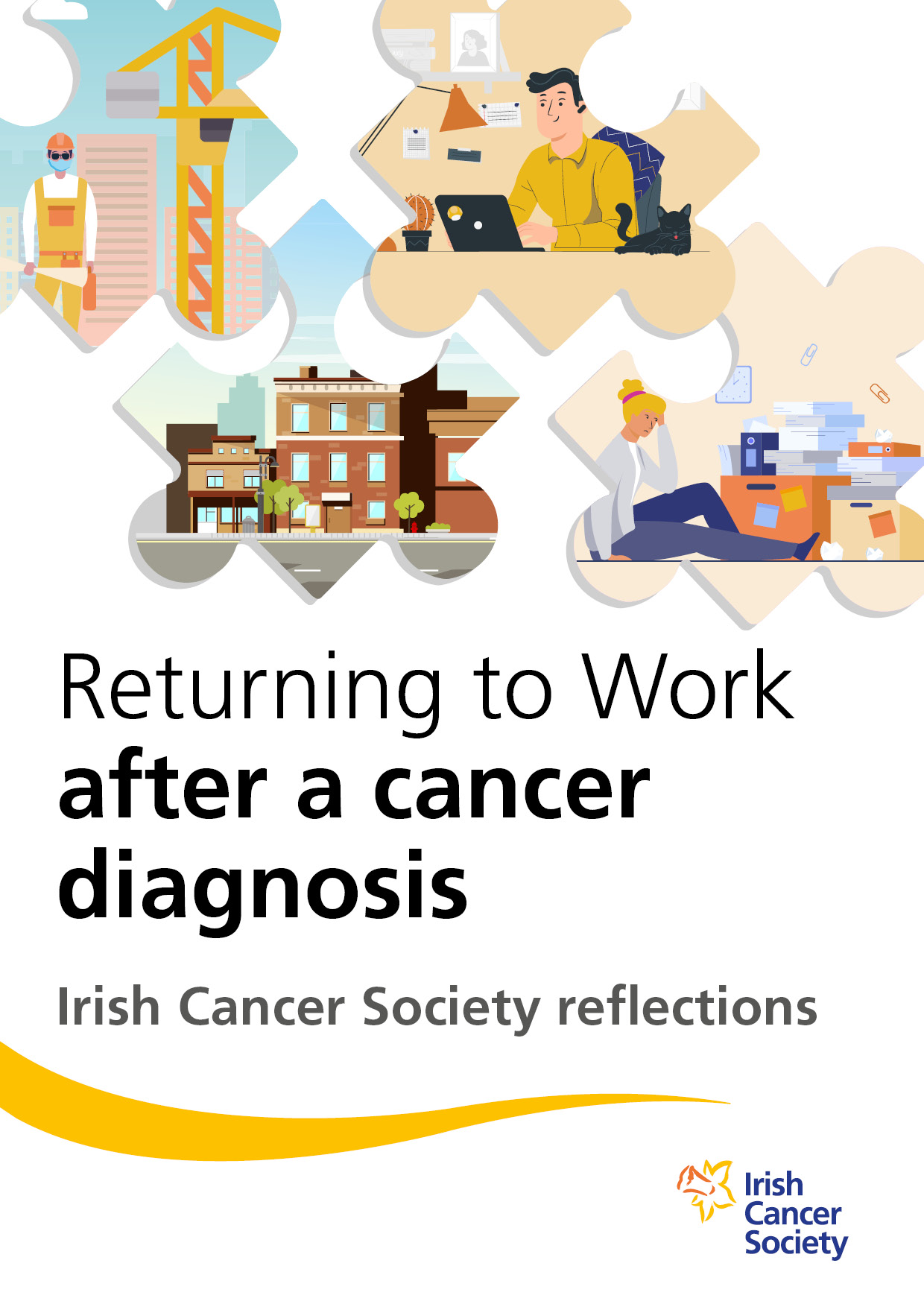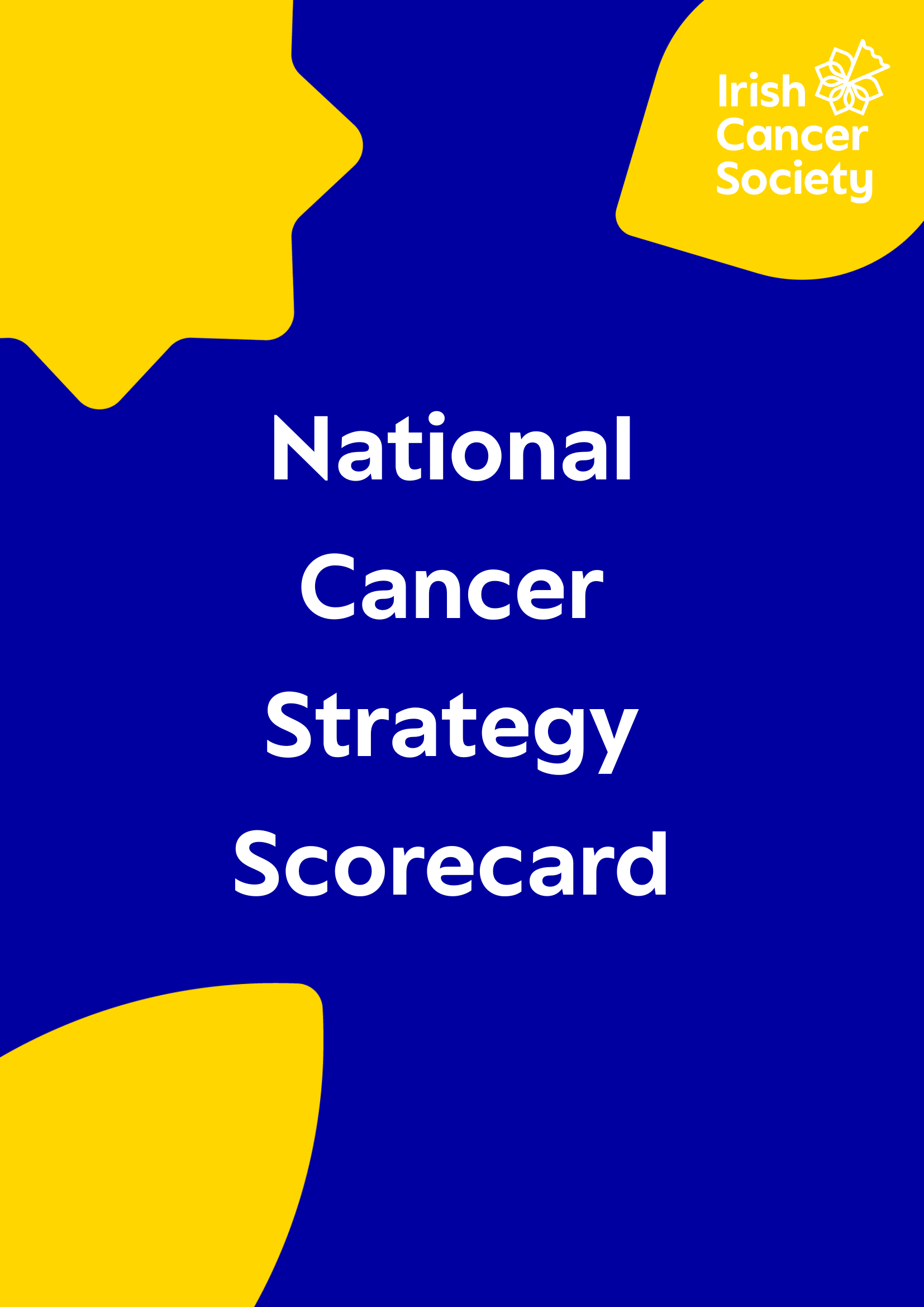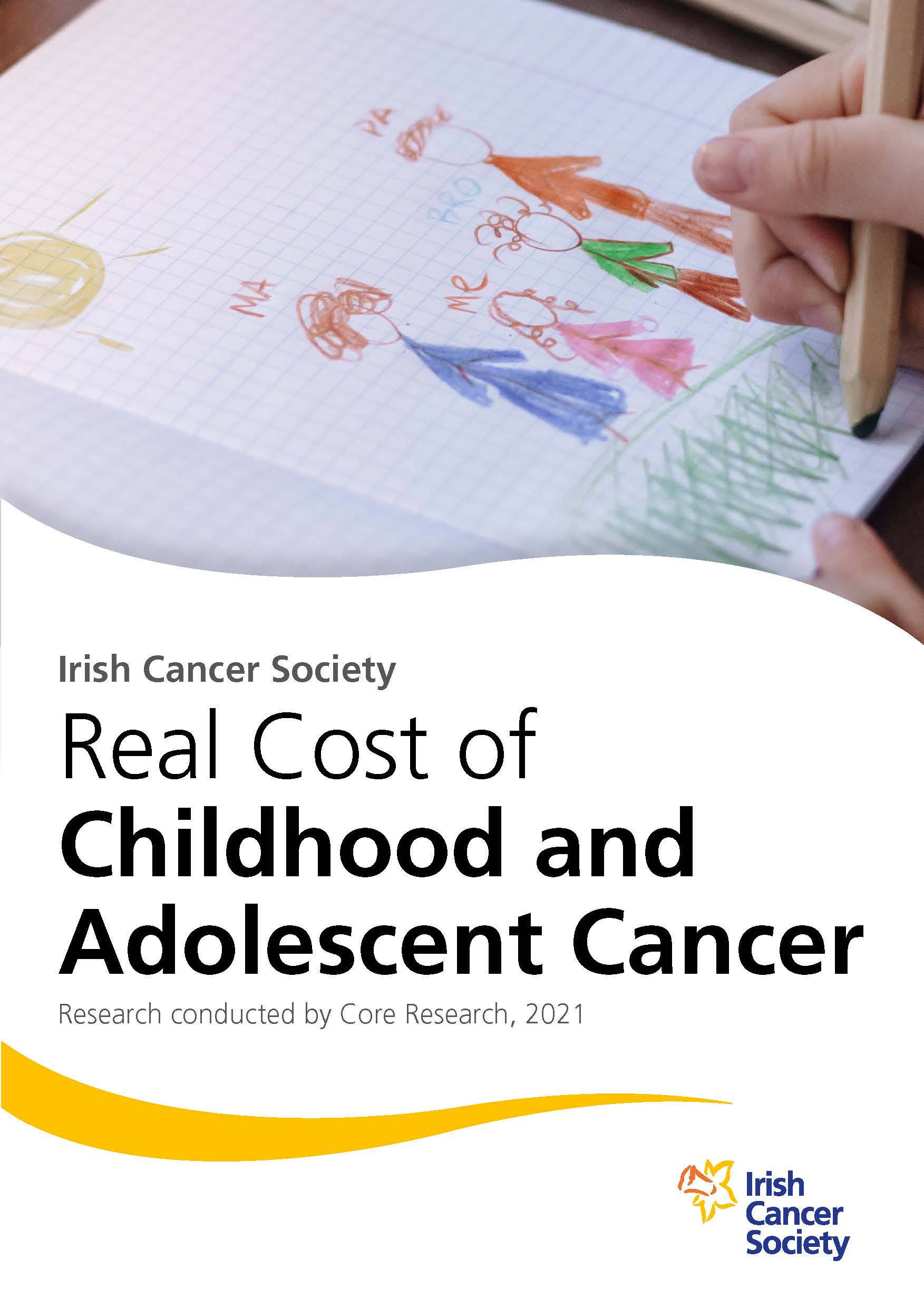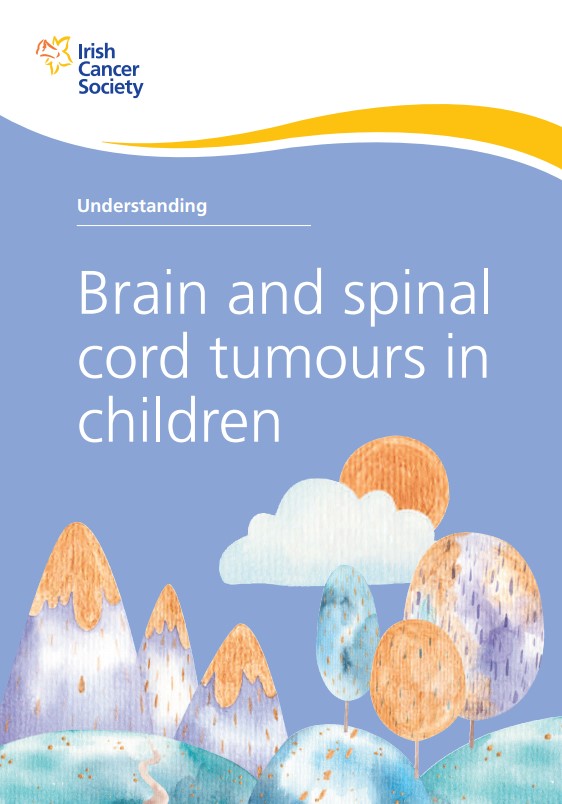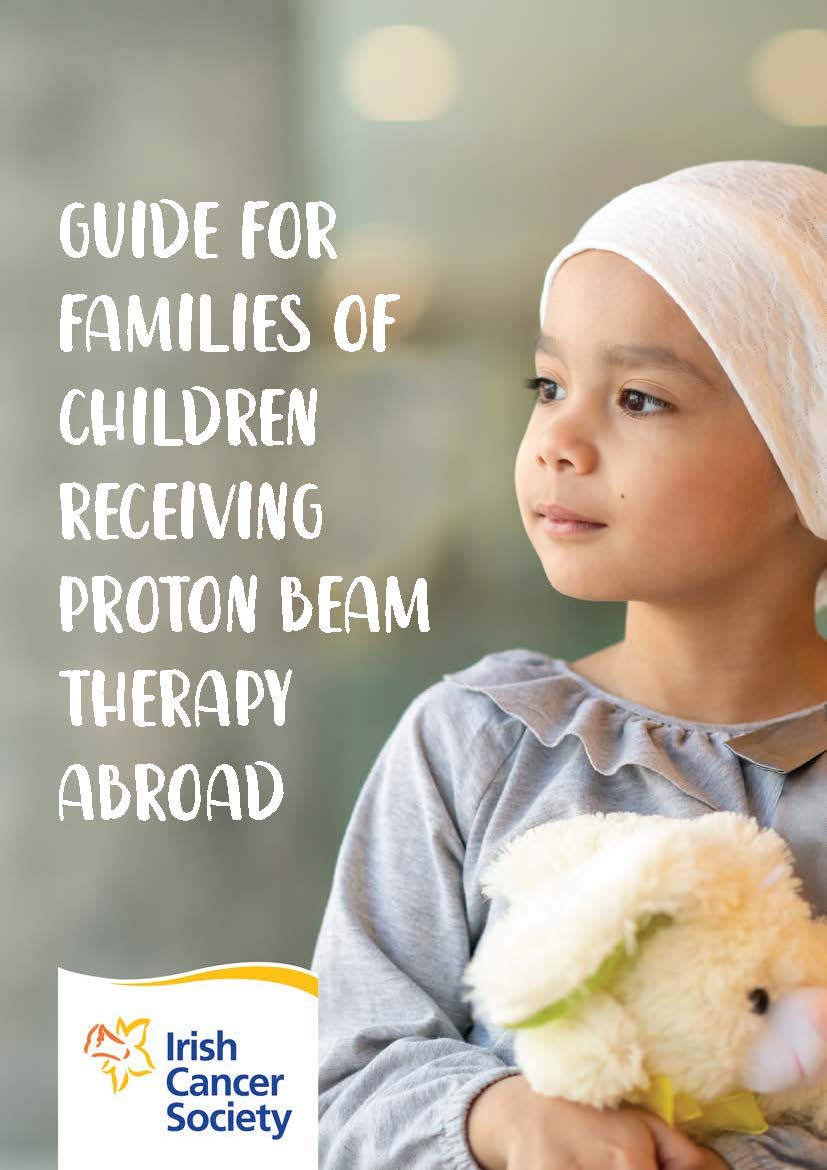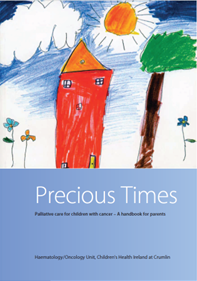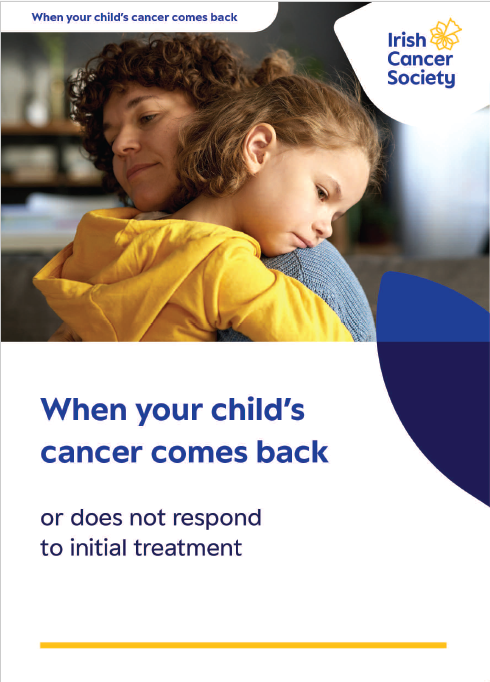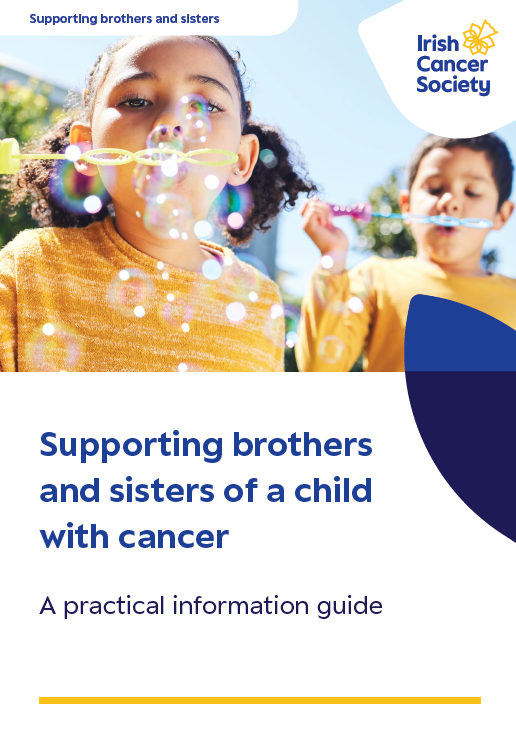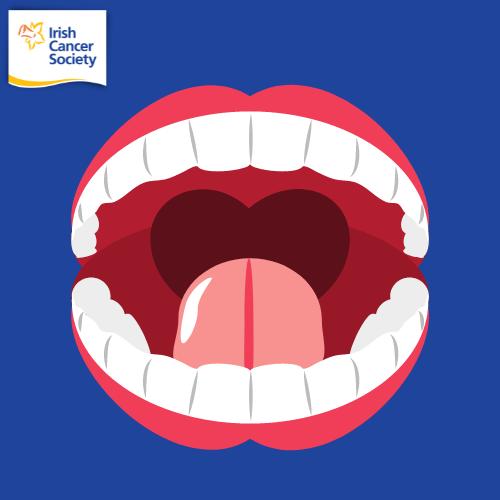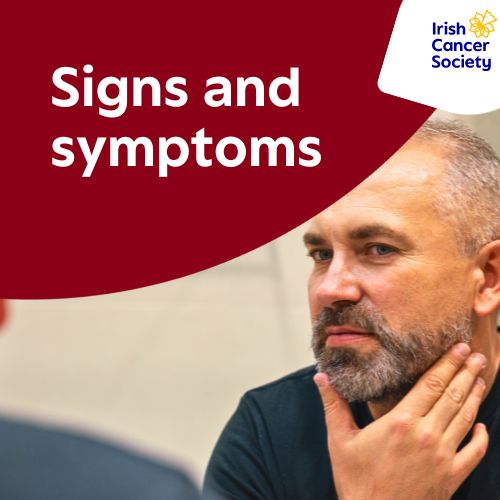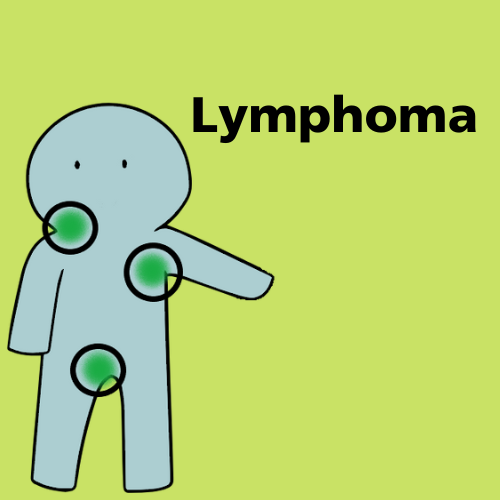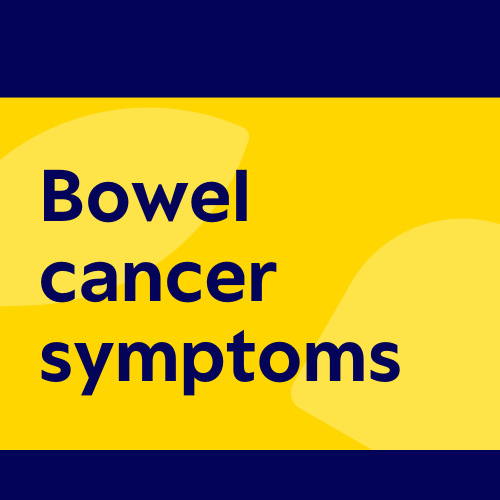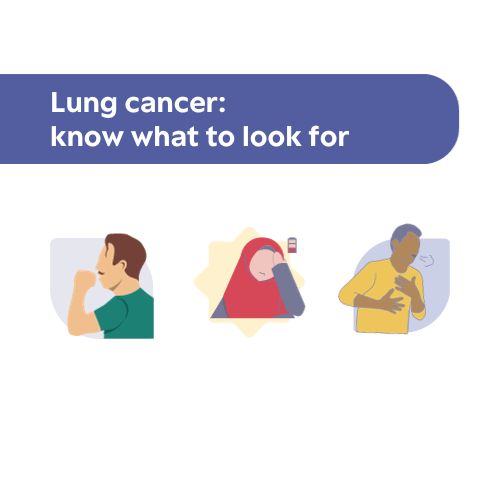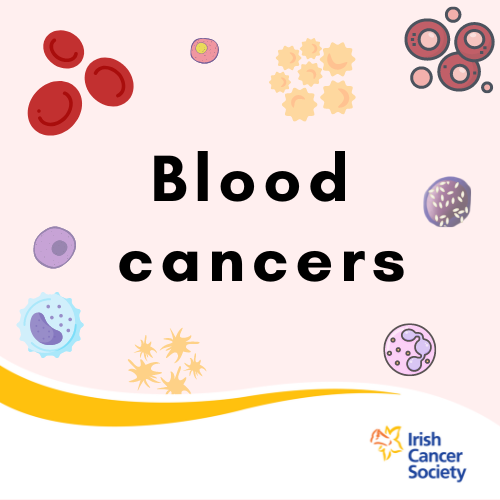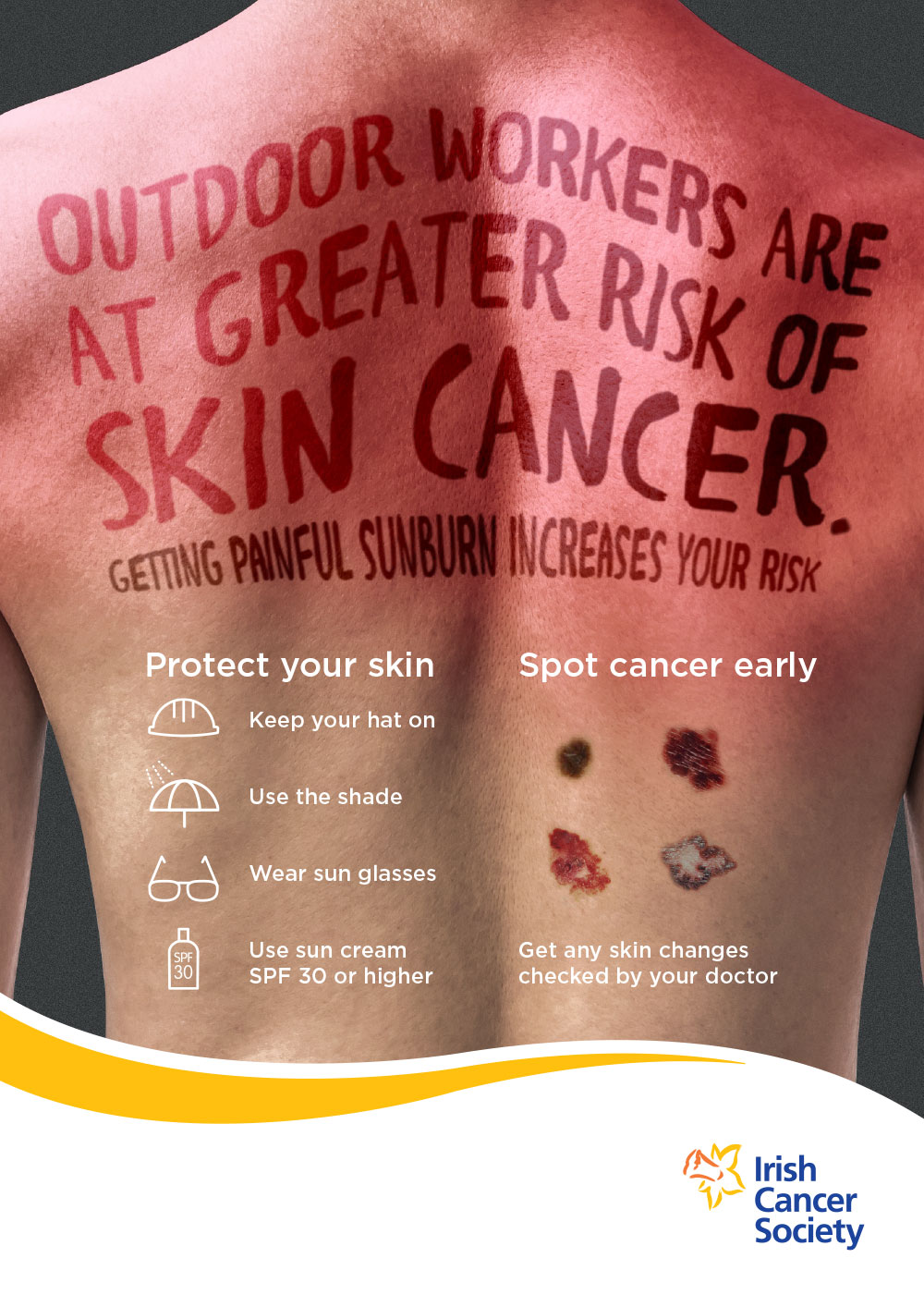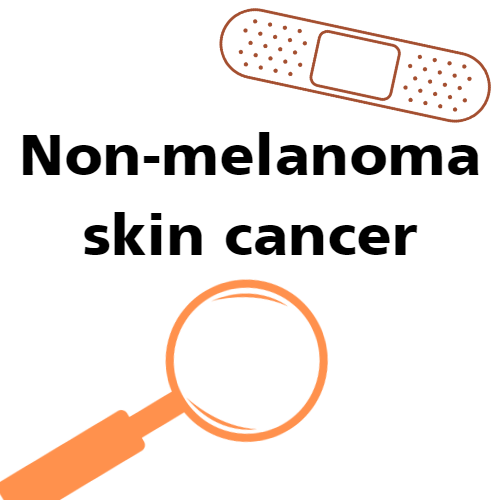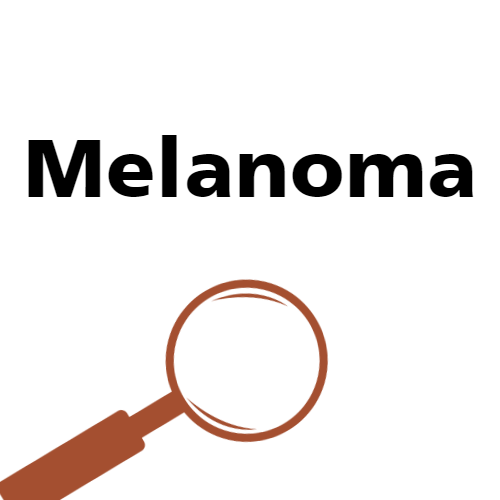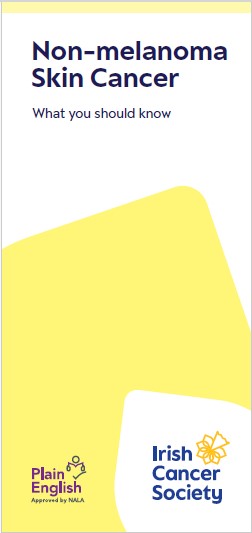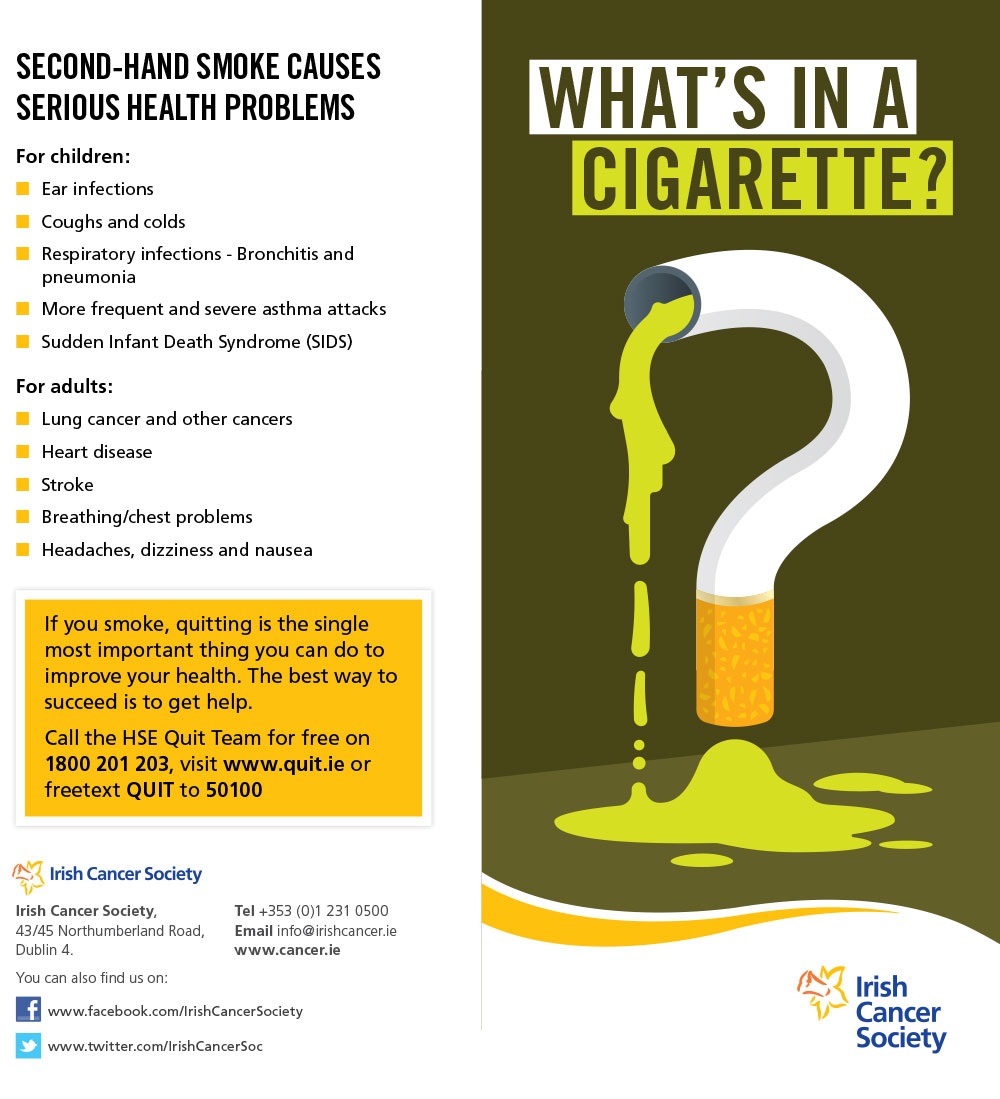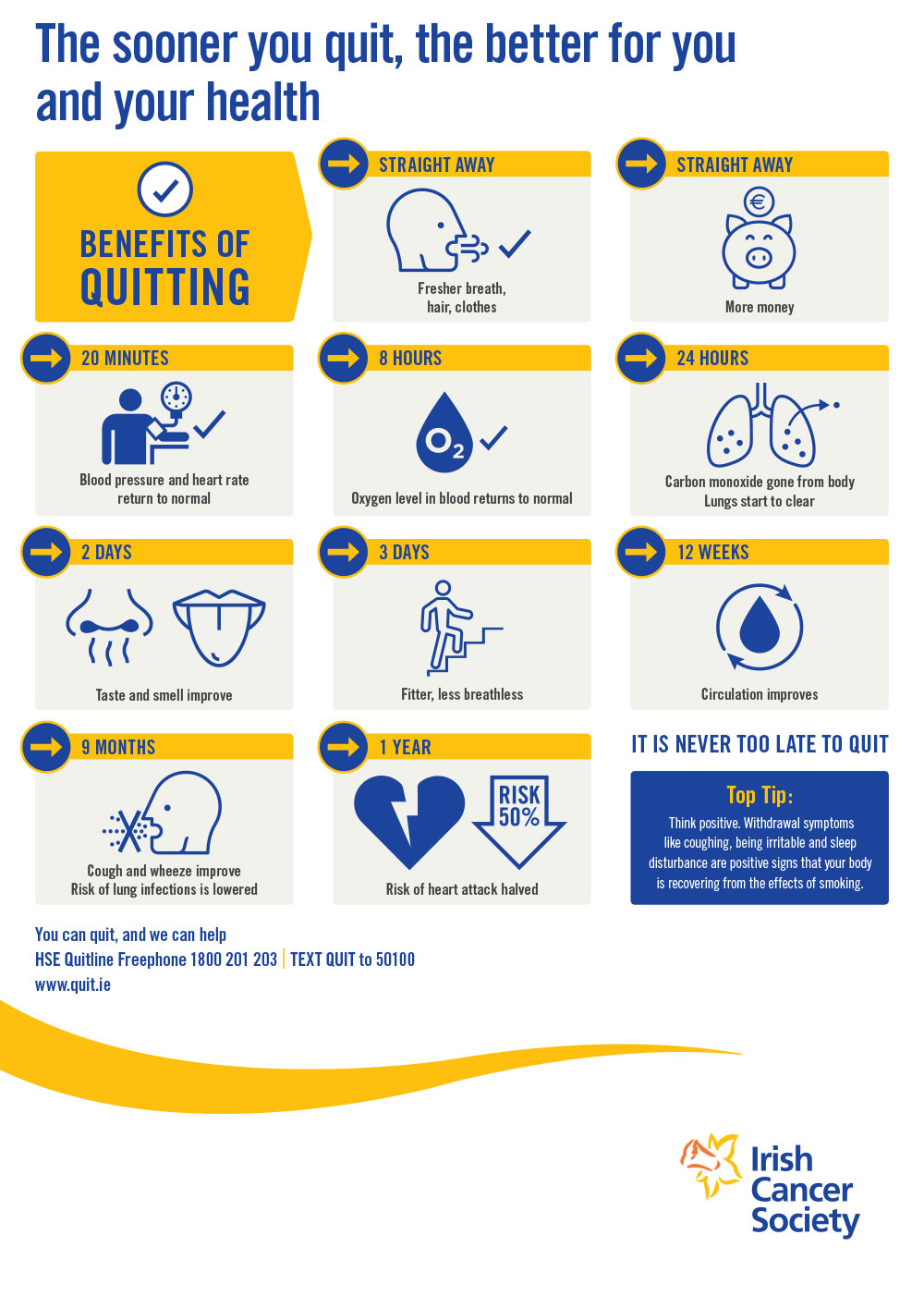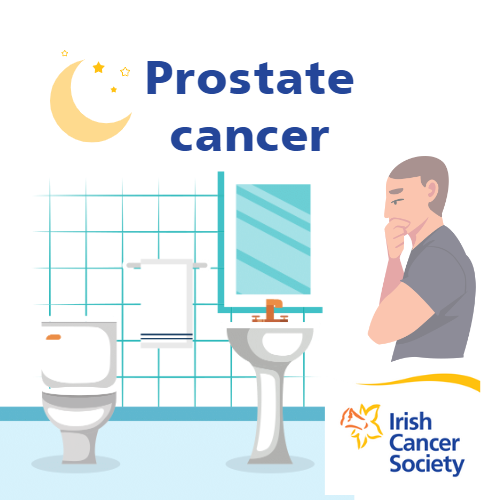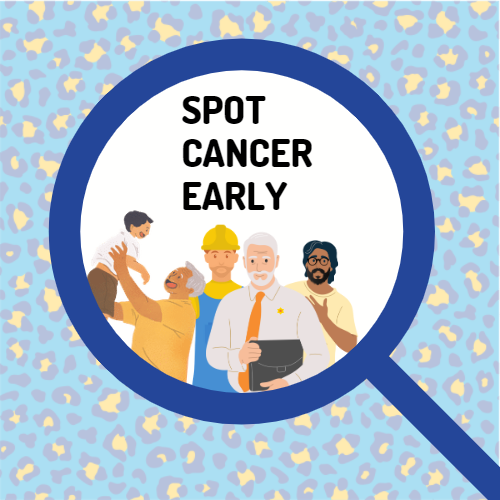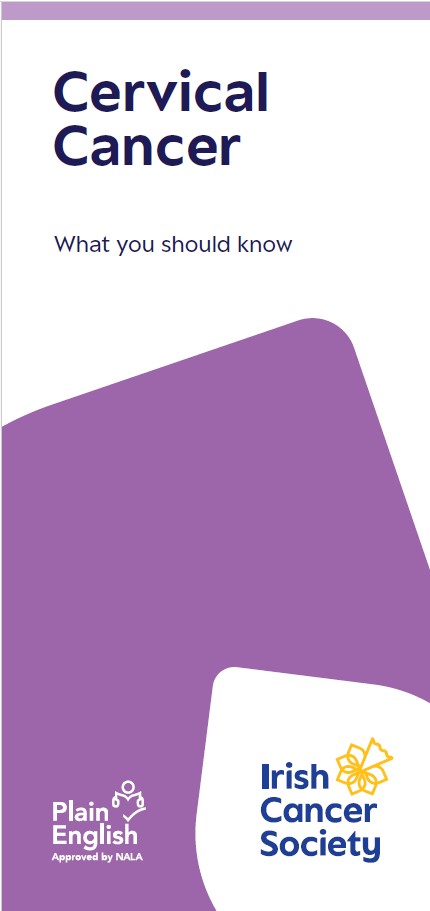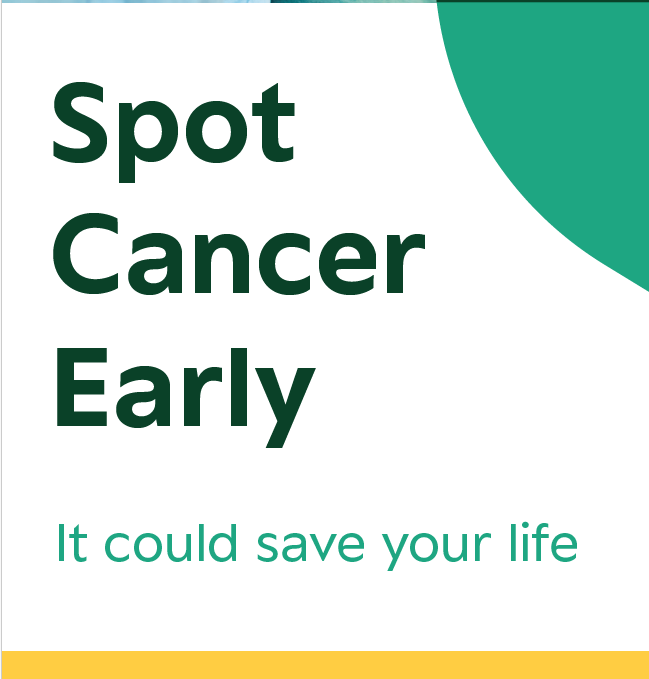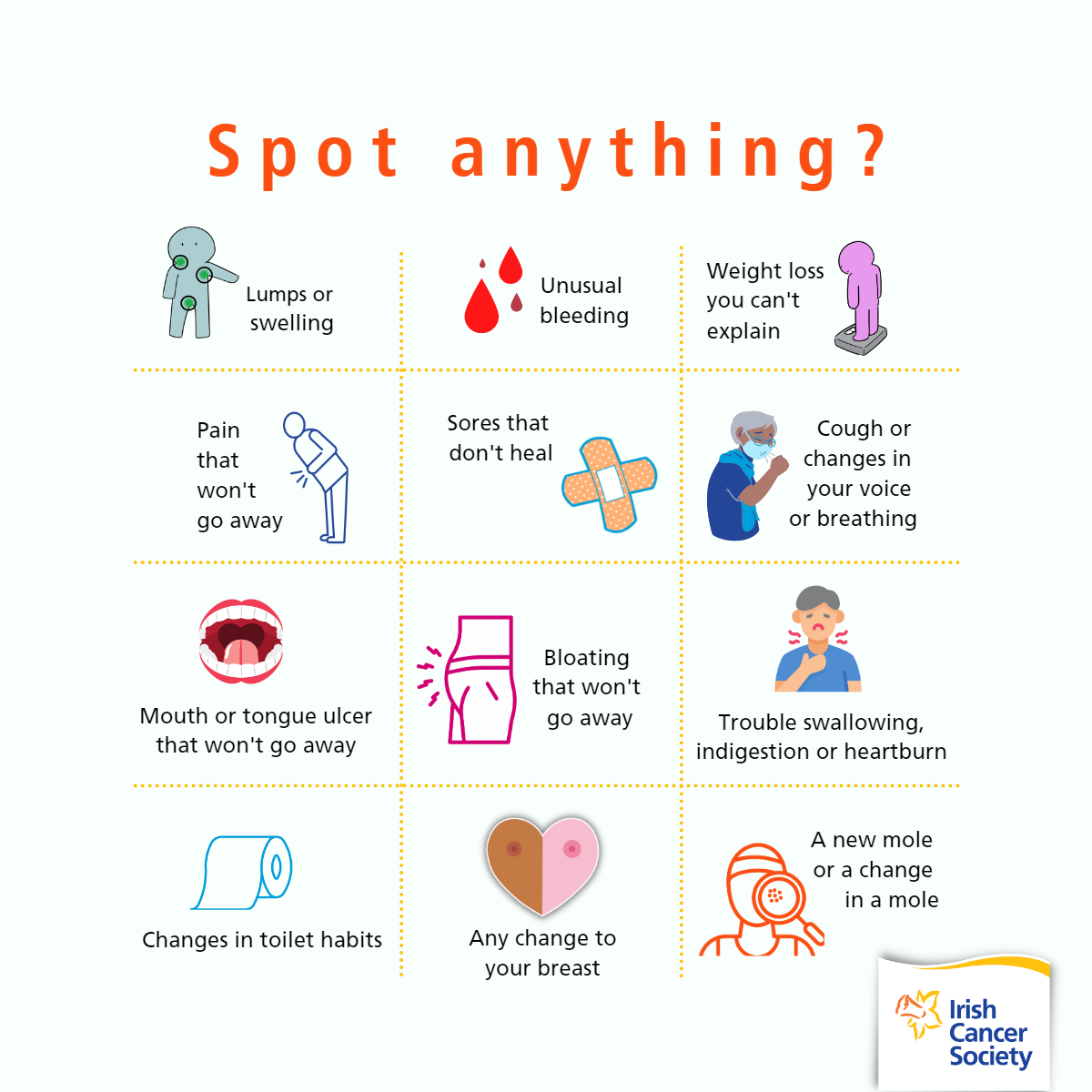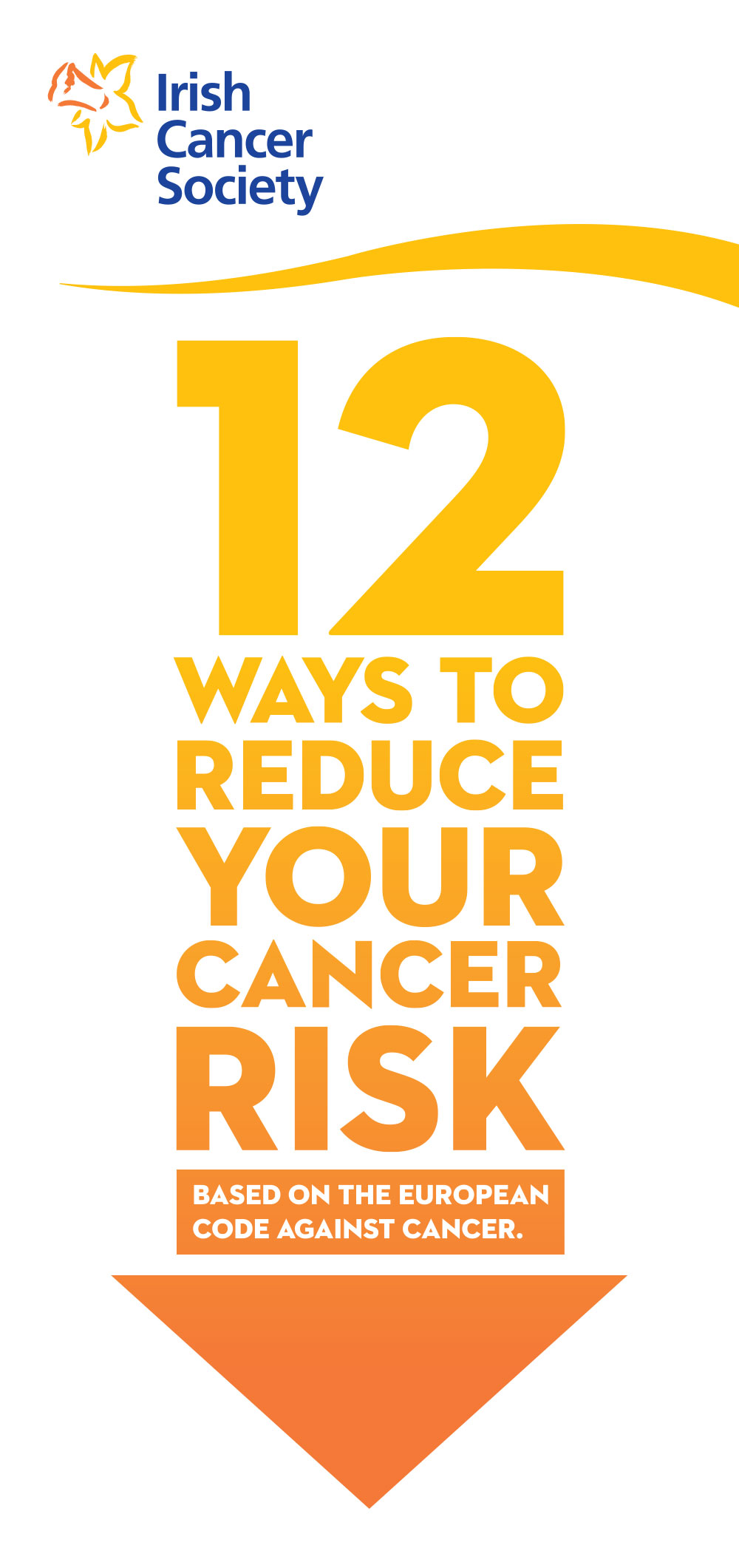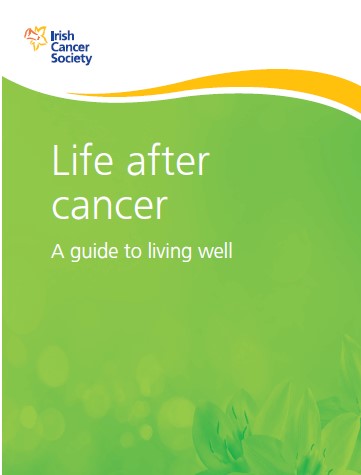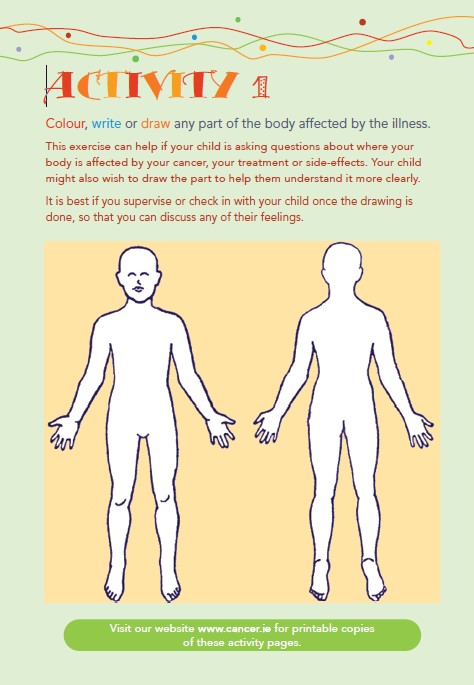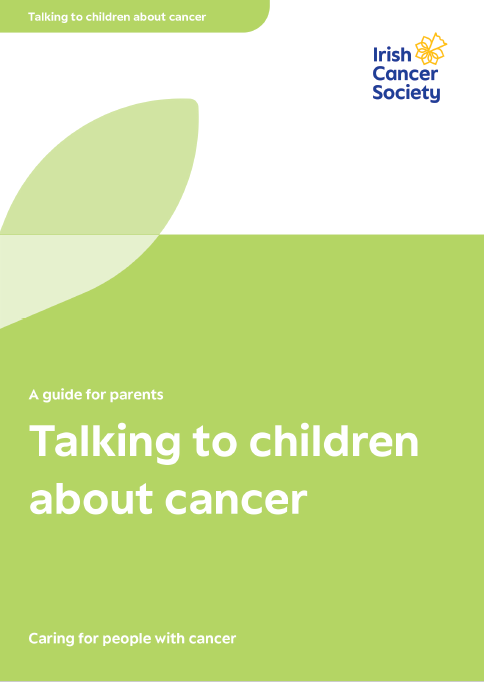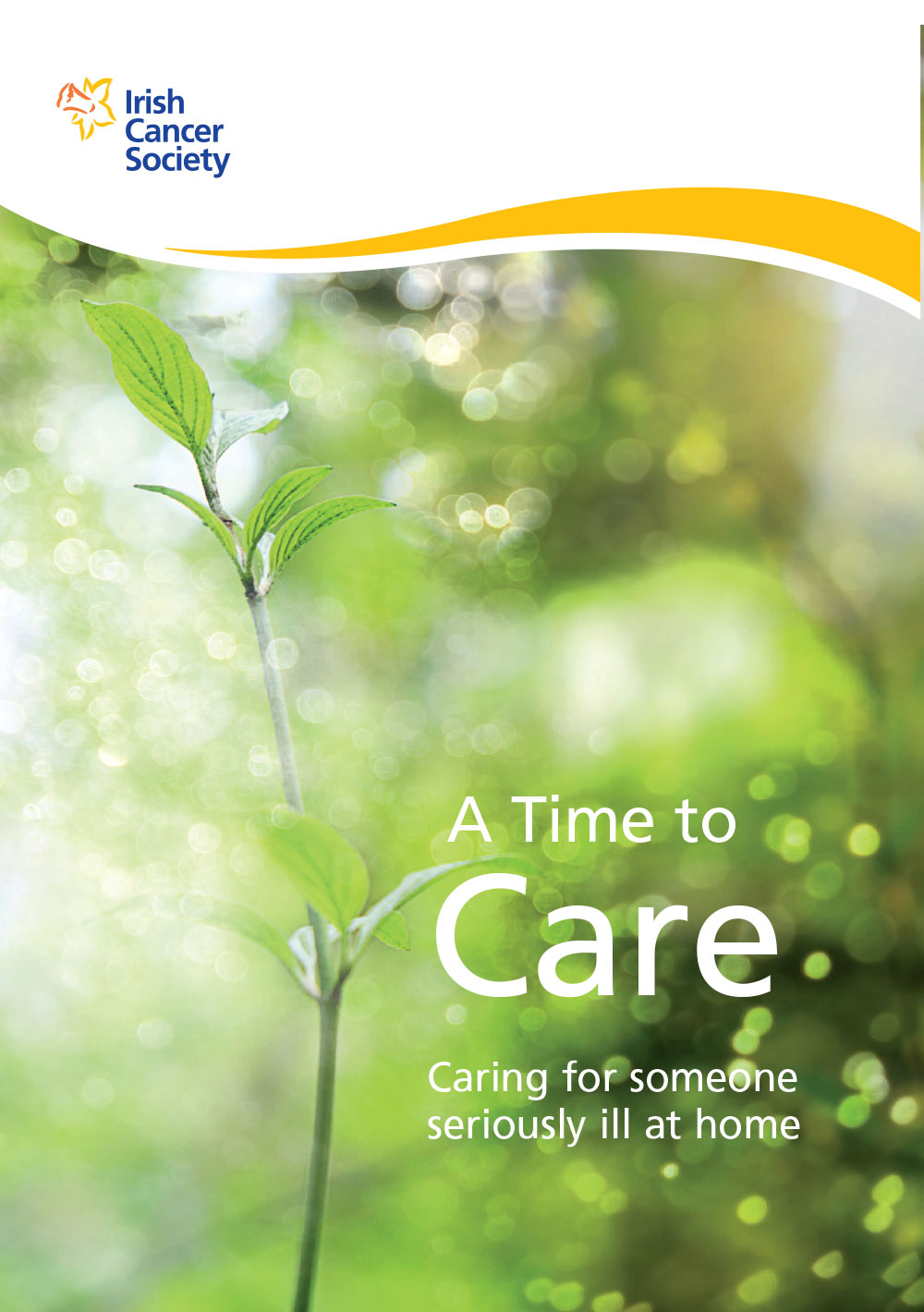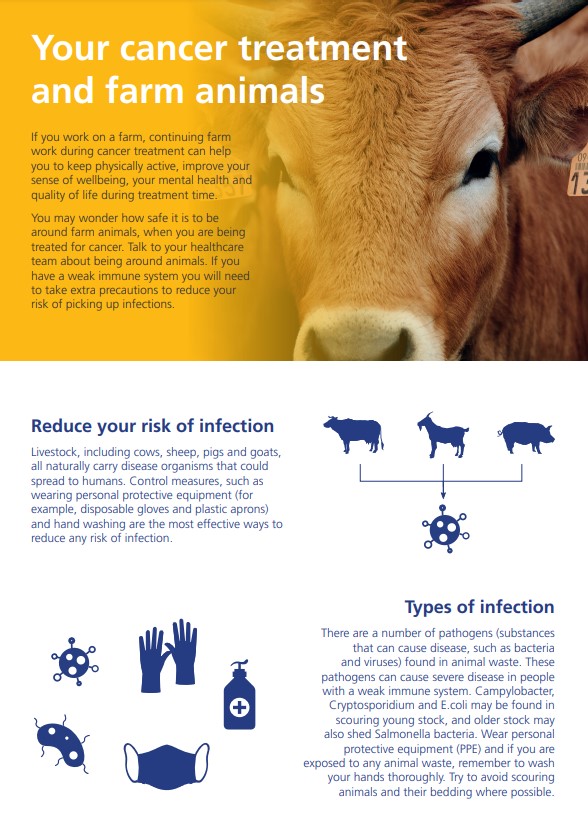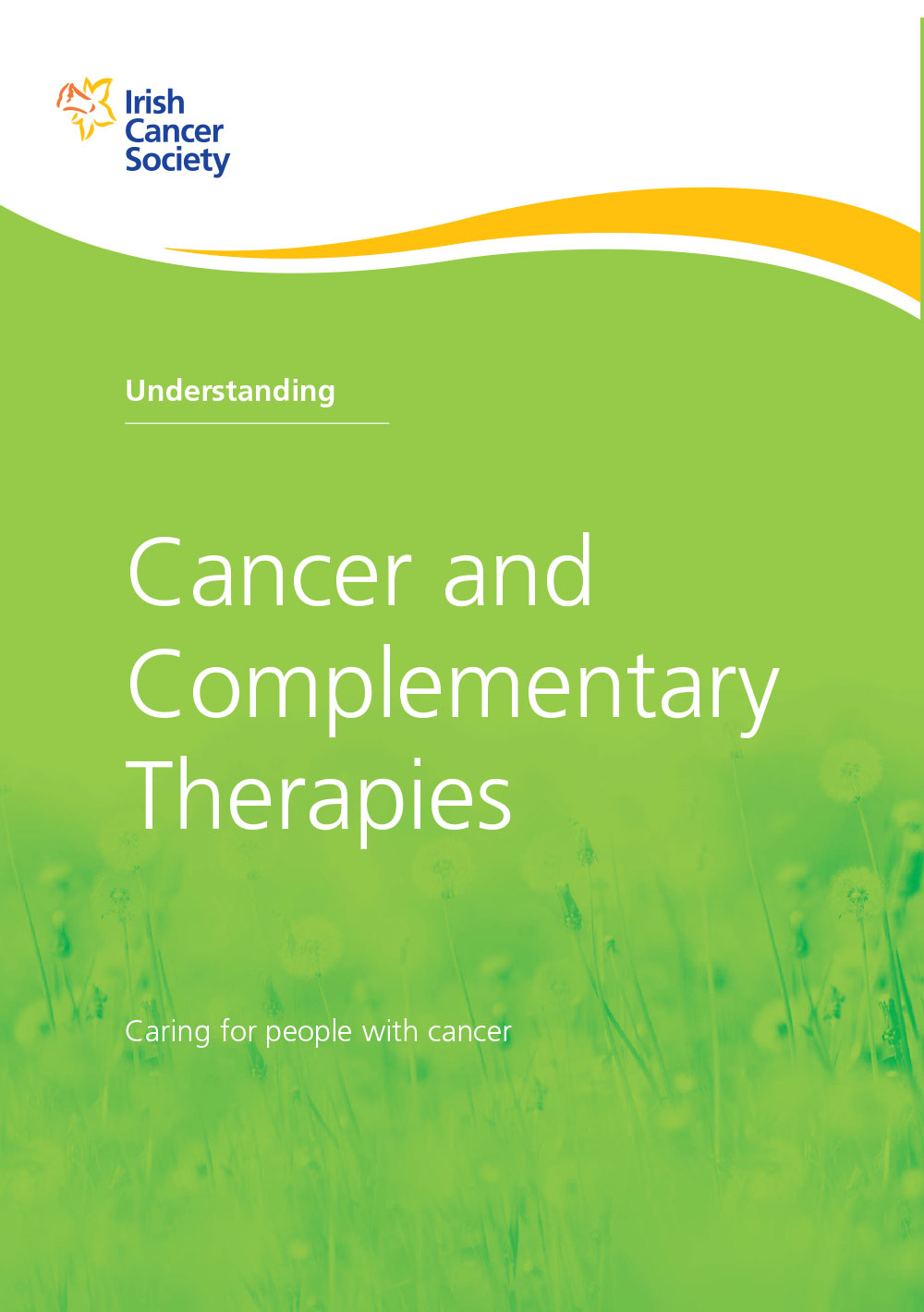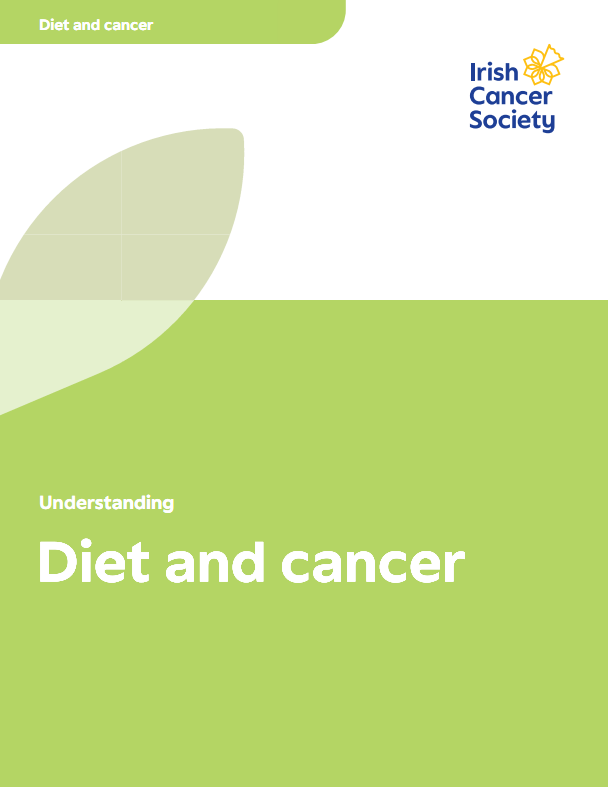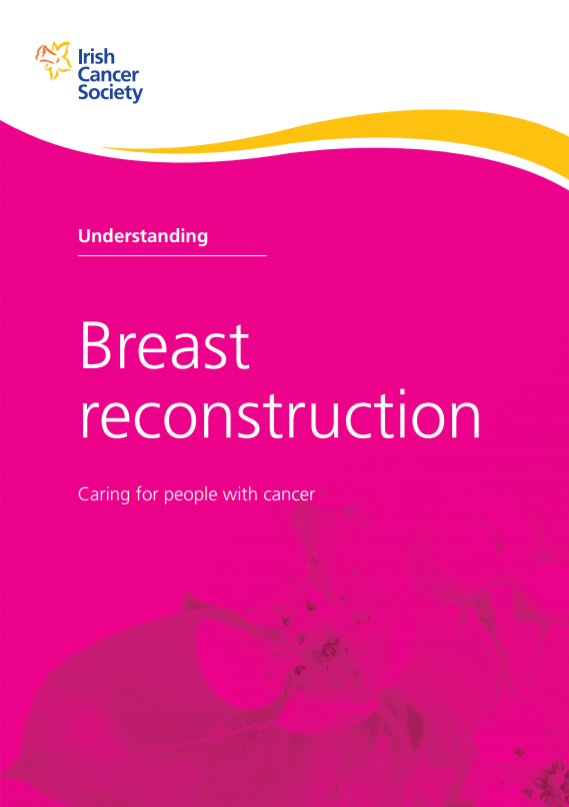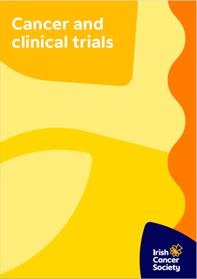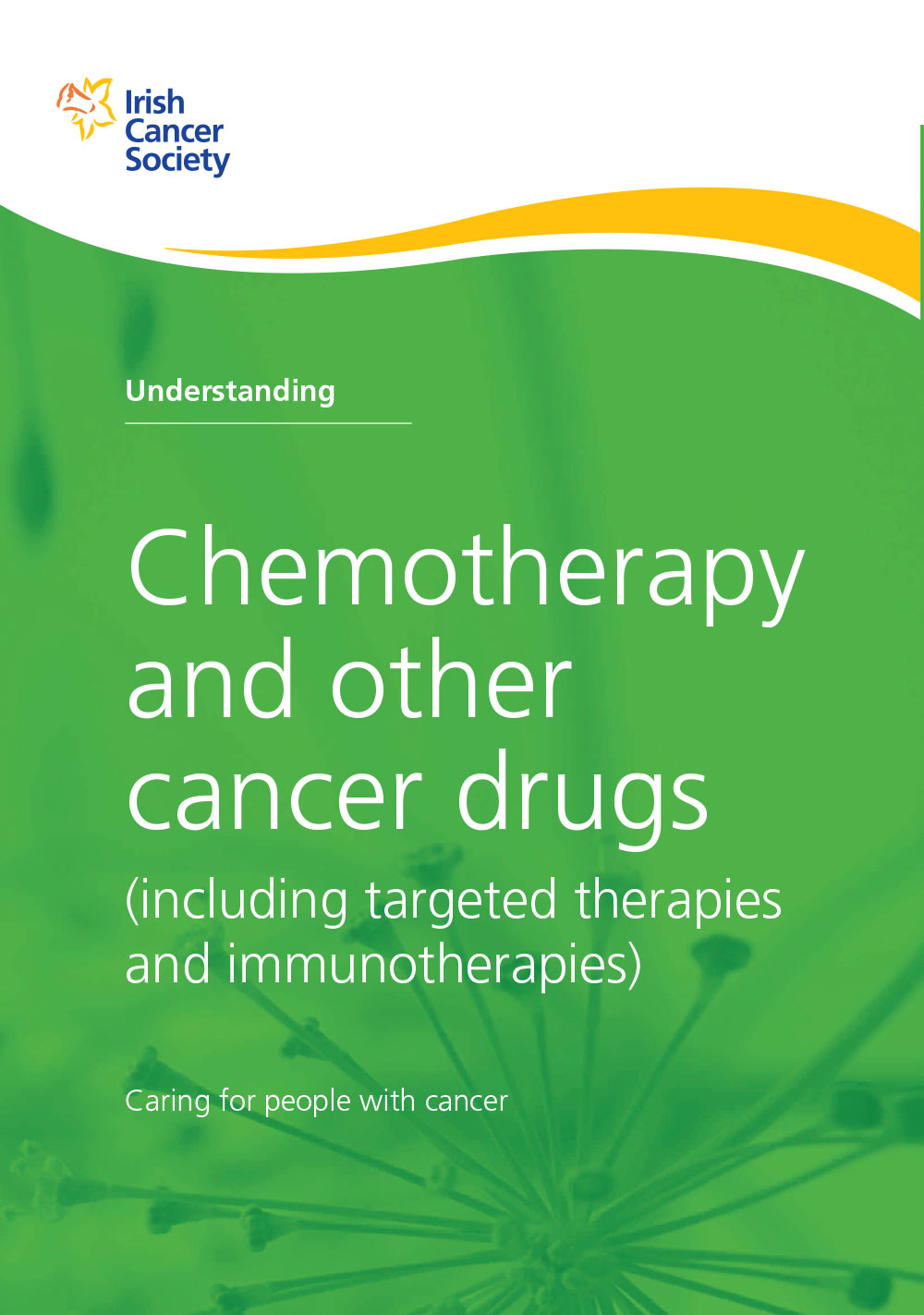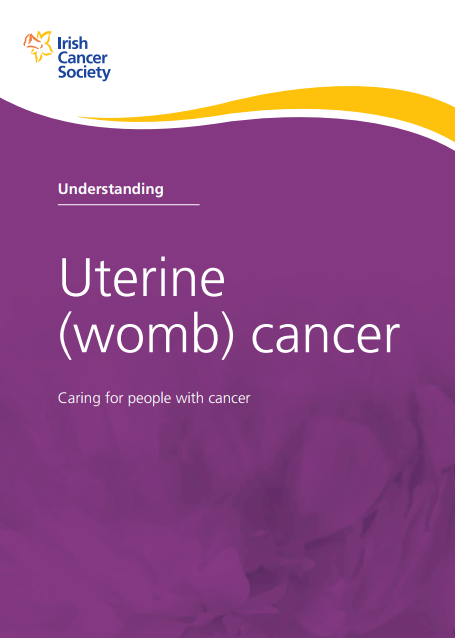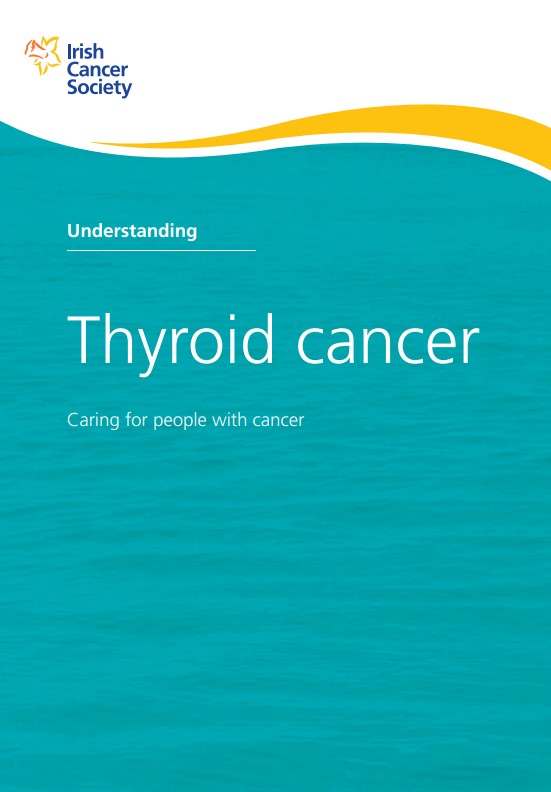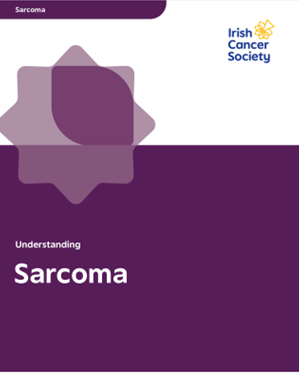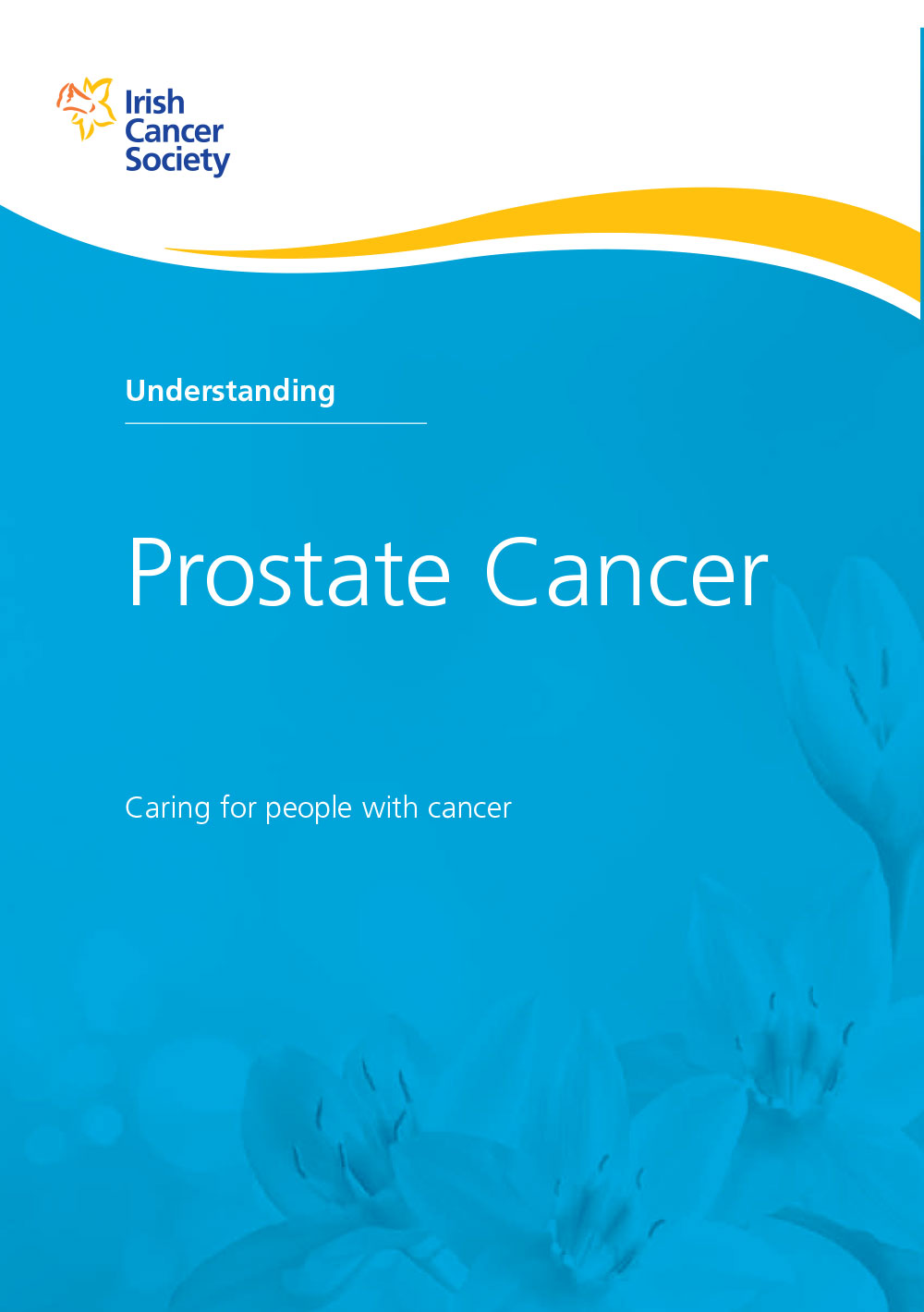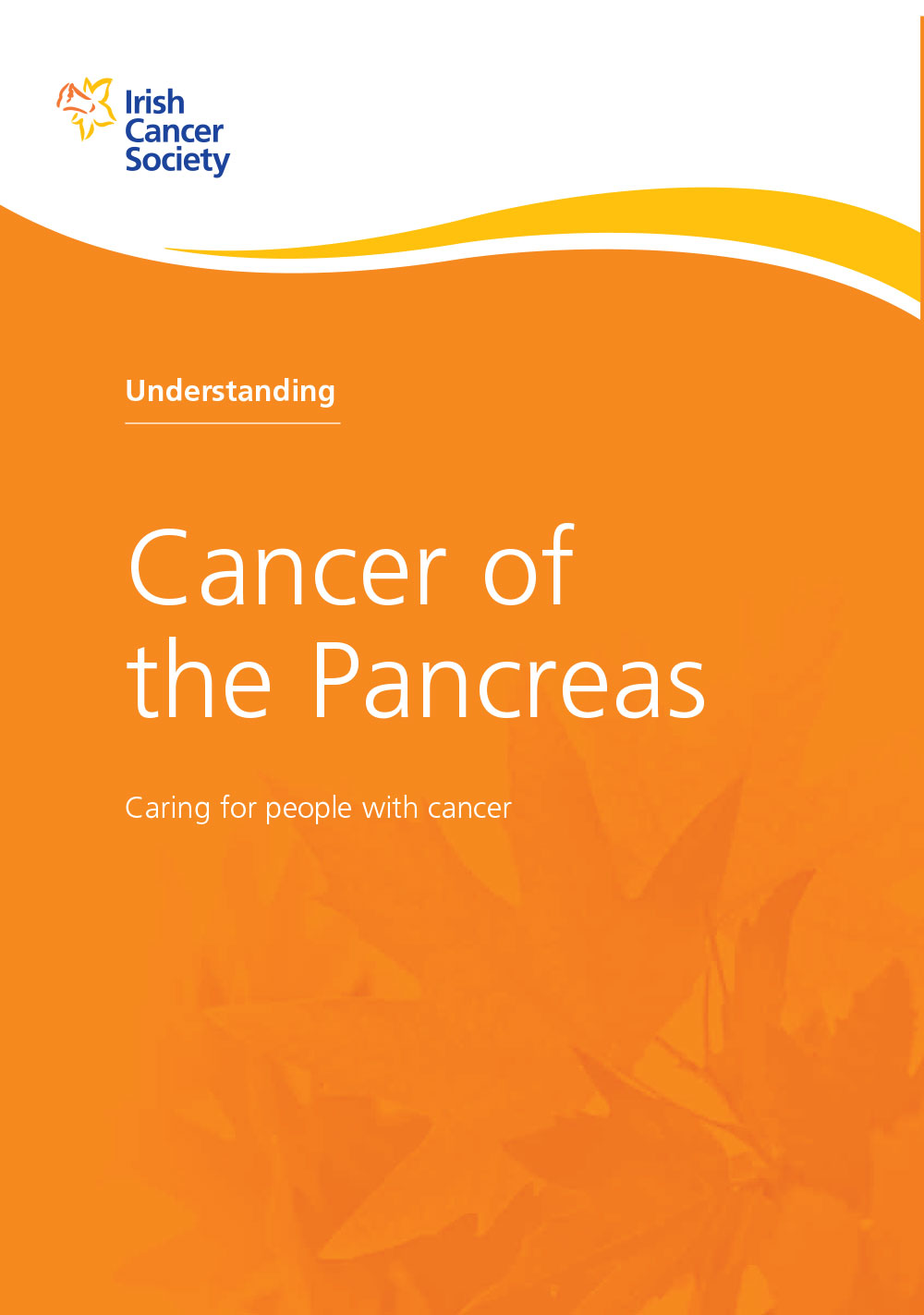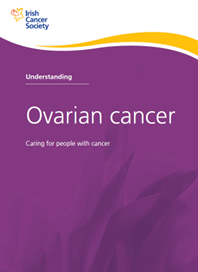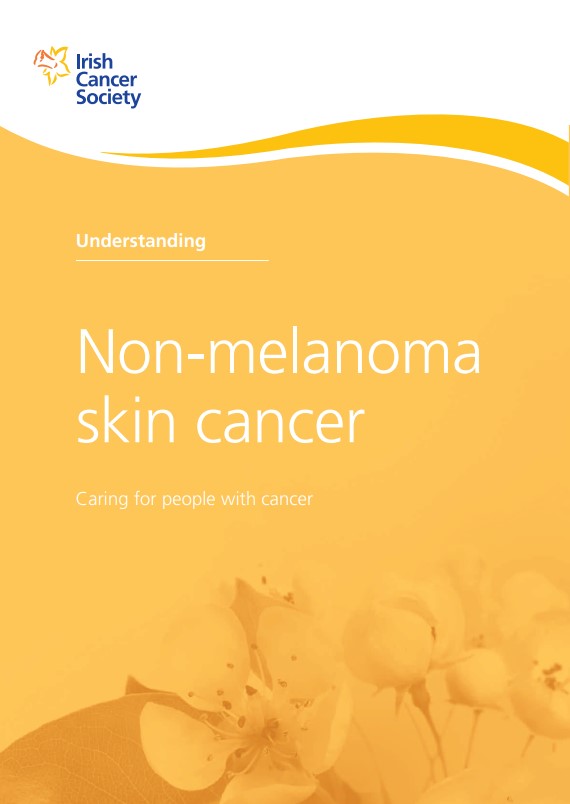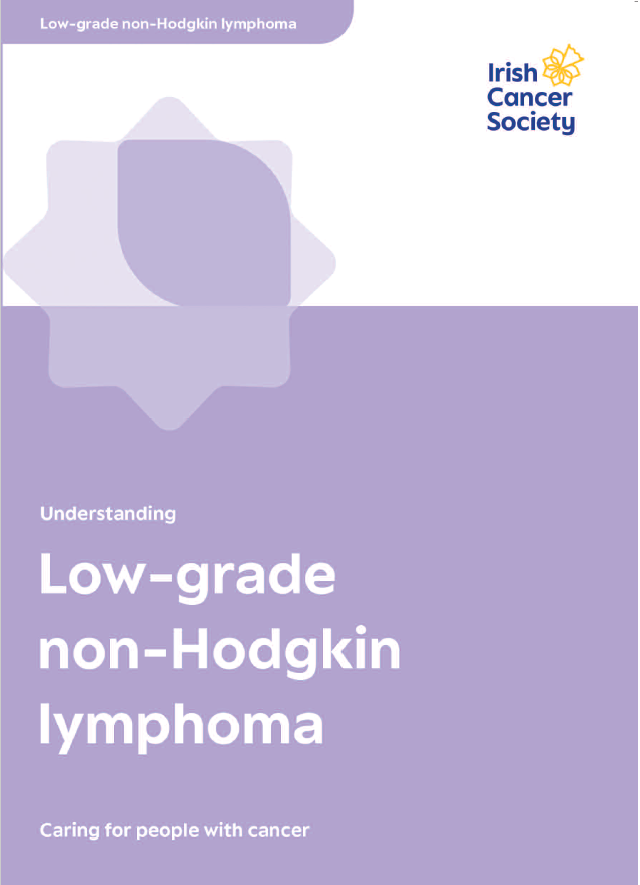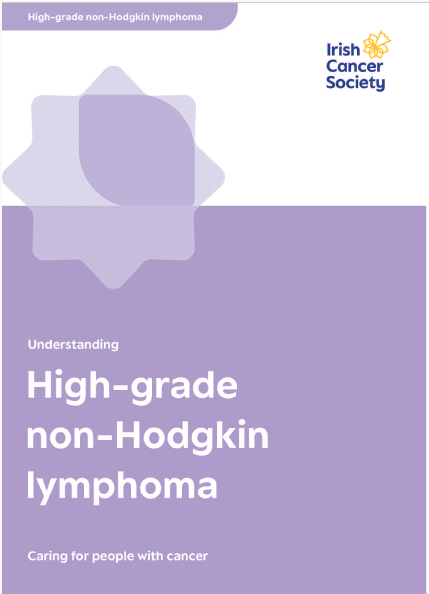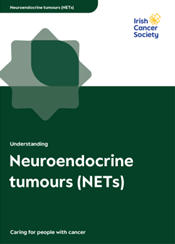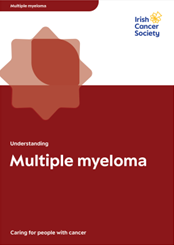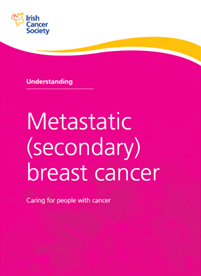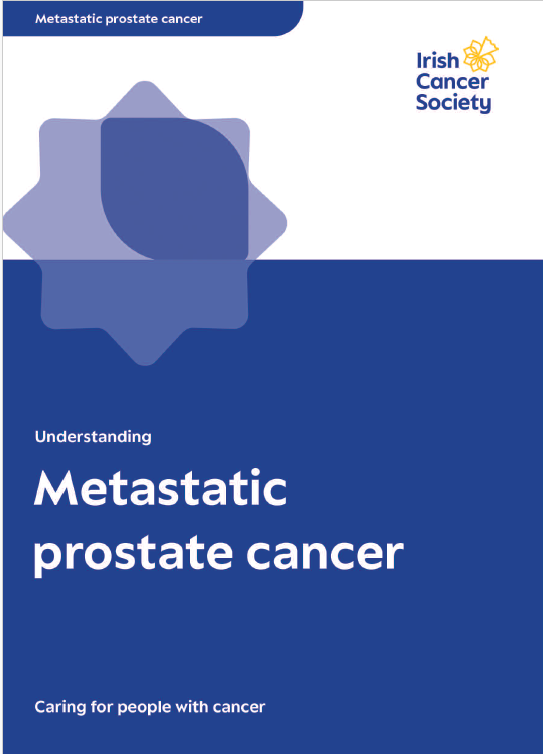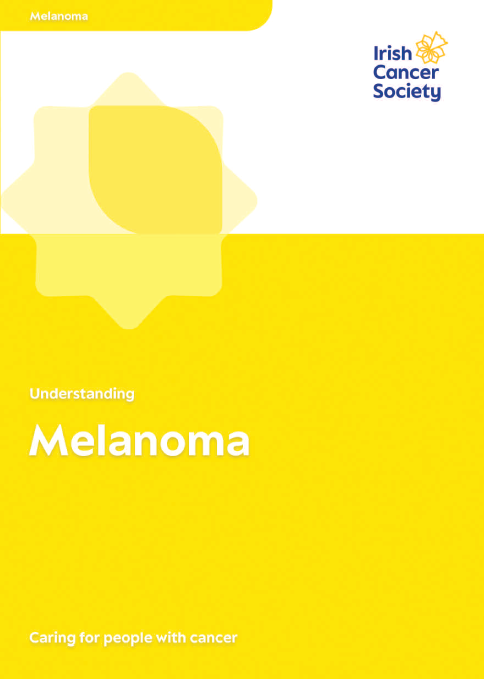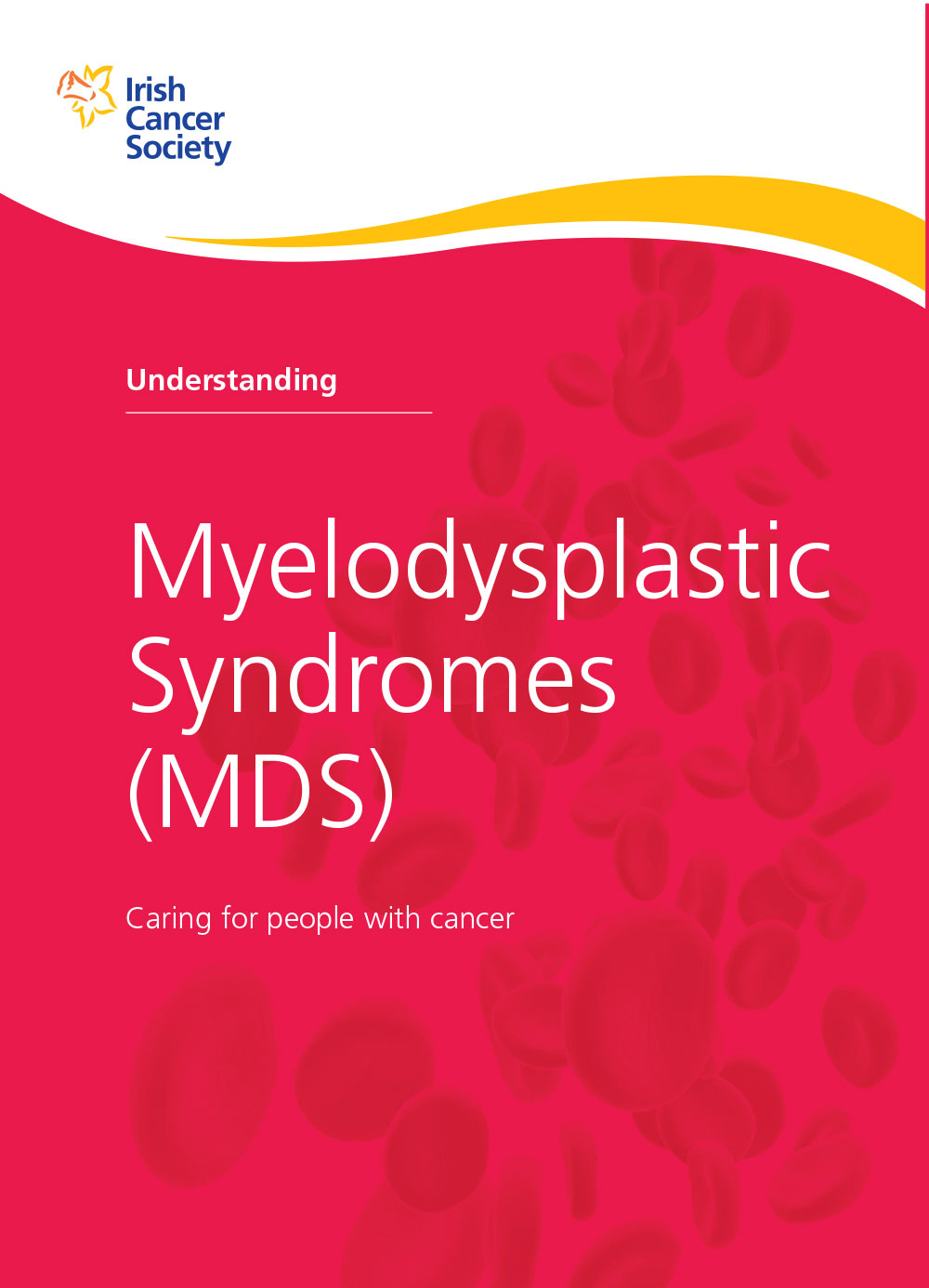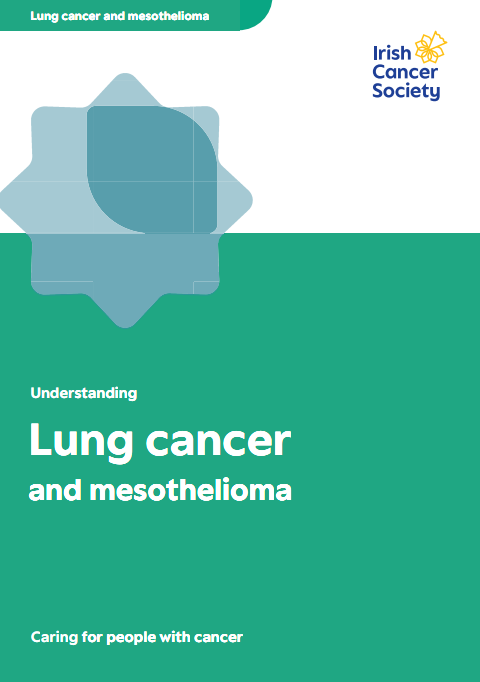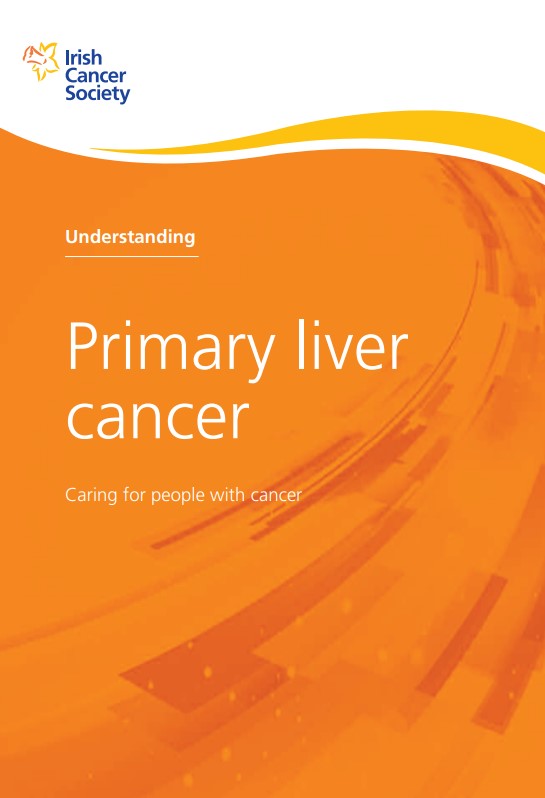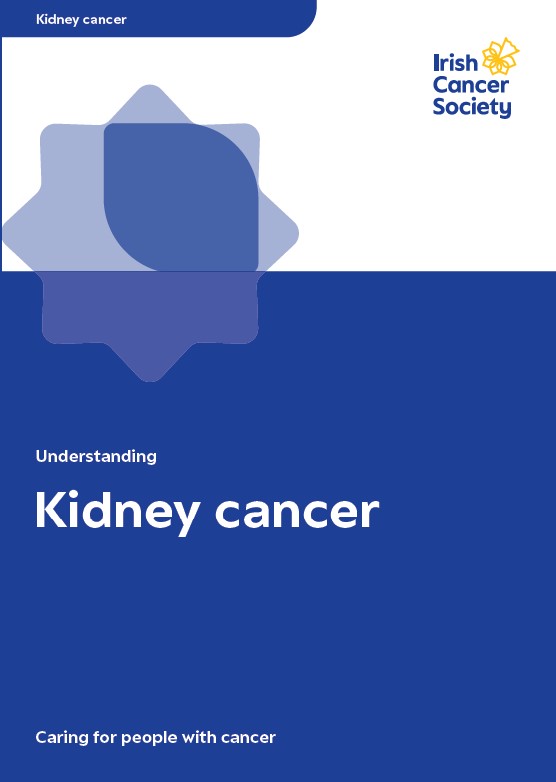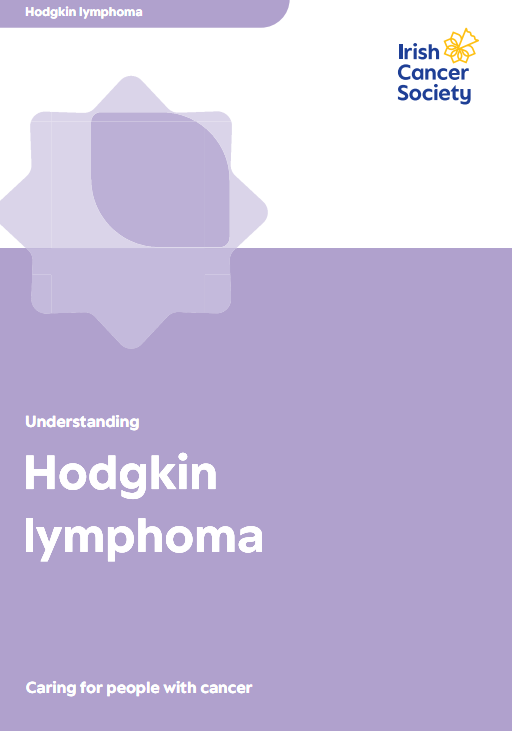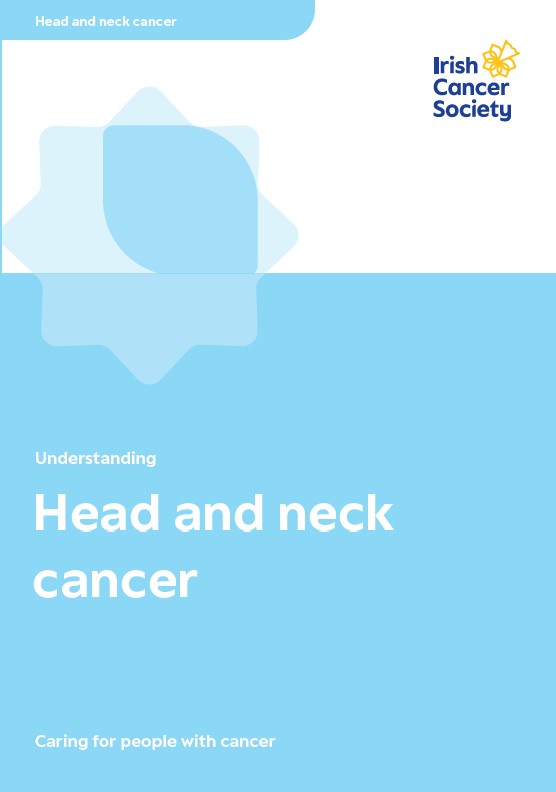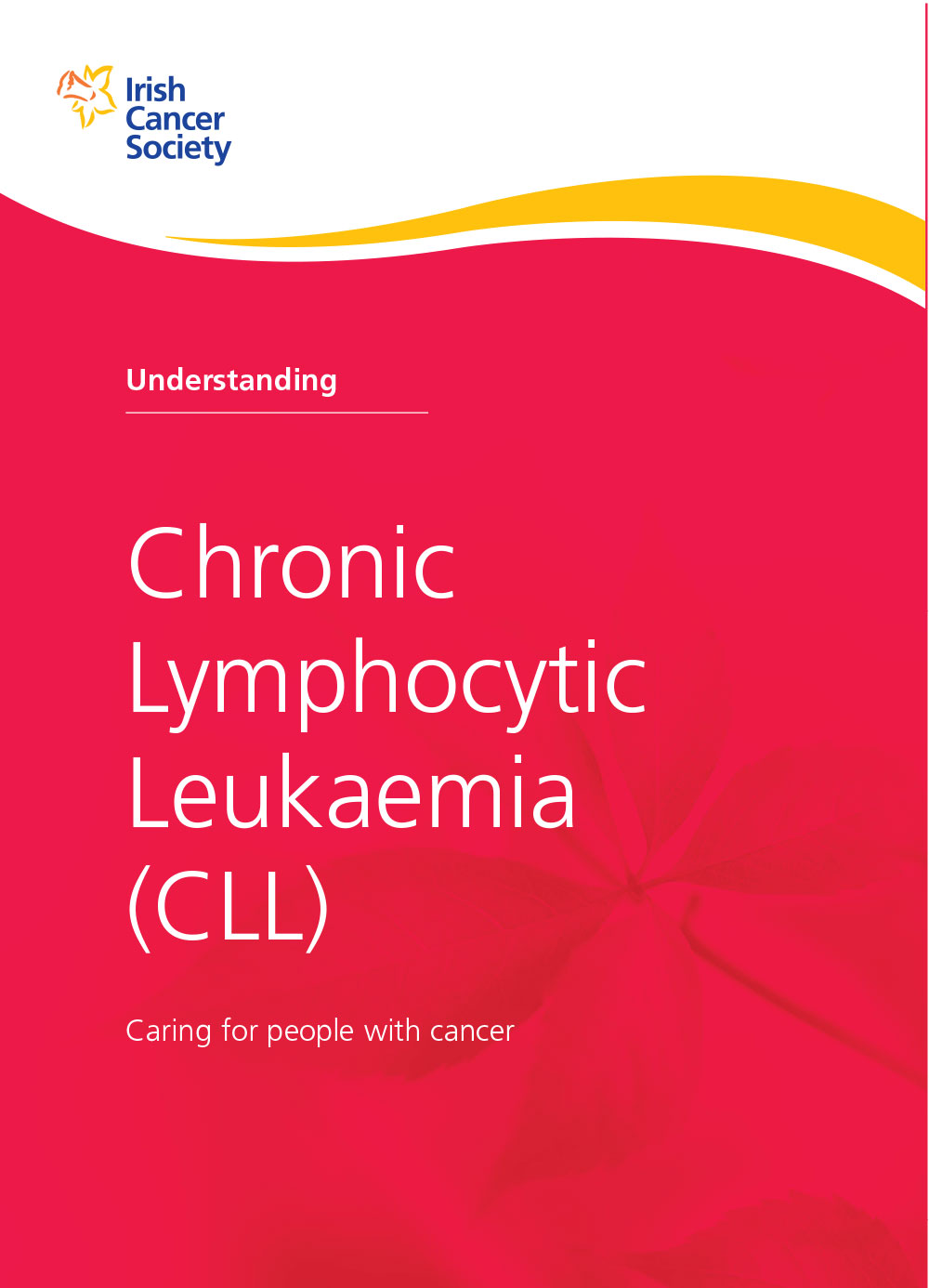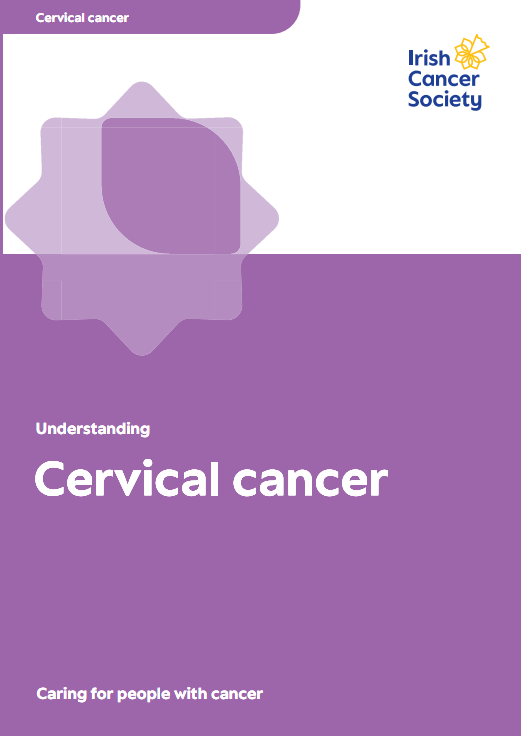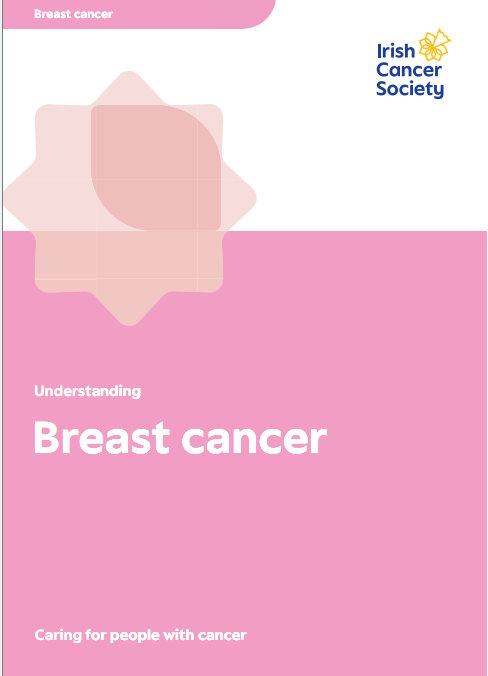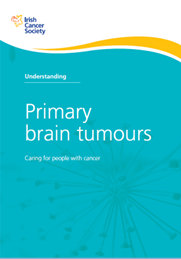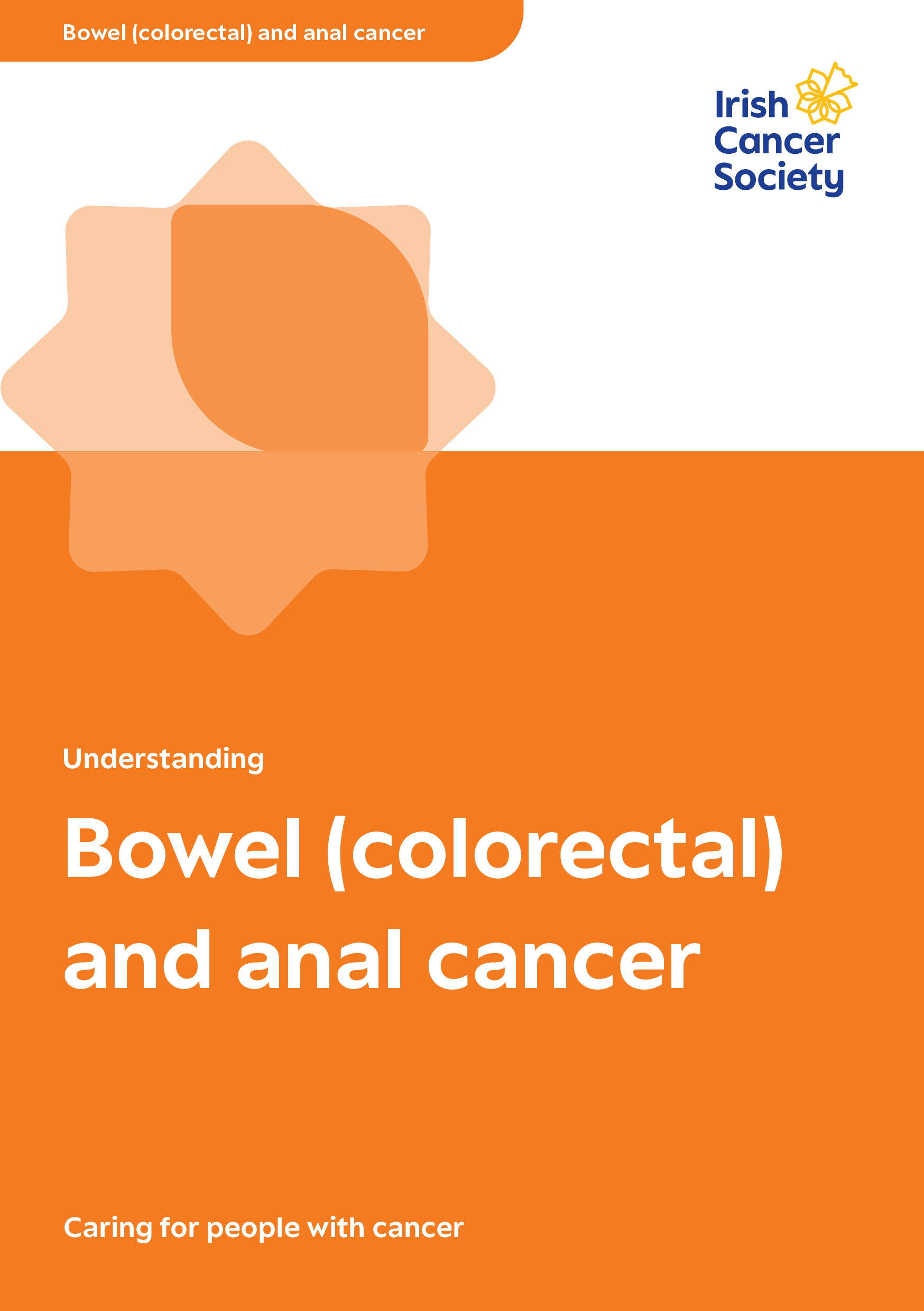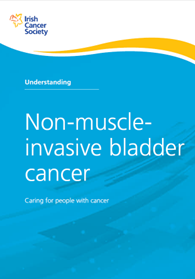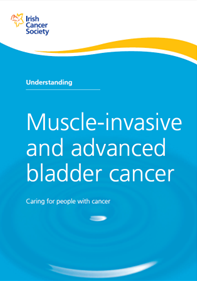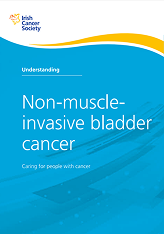Testicular cancer
Treatment
How is testicular cancer treated?
Almost everyone with testicular cancer has surgery to remove the affected testicle. The aim is to cure the cancer.
The cure rate for testicular cancer is very high. Actual figures depend on the stage and type of your cancer. Your doctor can talk to you in more detail about this.
Even when testicular cancer has spread to other parts of the body (metastasised), it can still be cured.
Surgery to remove the testicle (orchidectomy)
Almost everyone with testicular cancer has surgery to remove the affected testicle. This operation is known as an orchidectomy.
The surgeon makes a cut in your groin and removes the whole testicle and its cord from the scrotum through the groin, usually under general anaesthetic.
Afterwards your scrotum will feel smaller and empty on one side. You can have a false testicle inserted.
Read more about orchidectomy.
Surgery might happen quickly
You may have surgery to remove your testicle soon after first going to hospital, sometimes before you get the results of your tests.
This is because it is not usually possible to diagnose testicular cancer by taking a tissue sample (biopsy) without removing the testicle. It’s safest just to remove the whole testicle.
This can be a shock. To talk to a cancer nurse, call our Support Line on 1800 200 700 or visit a Daffodil Centre.
After orchidectomy
Your doctor will decide if you need any further treatment after your orchidectomy. In general, the type of treatment you receive after orchidectomy will depend on:
- The stage of your cancer
- The type of testicular cancer: seminoma or non-seminoma
- If the cancer has spread or not
- Your general health
After orchidectomy you will have tests to monitor your condition for a number of years. For example, physical examinations, bloods tests, CT scans and X-rays.
You can start treatment with chemotherapy, radiotherapy or more surgery if you need it, but you may not need treatment for many years, if at all.
We have information on surveillance and tips to help manage anxiety.
Chemotherapy
Chemotherapy can be given, depending on the stage of the disease. Read more about chemotherapy.
Radiotherapy
Radiotherapy can be given after surgery but this is rare. Read more about radiotherapy.
Surveillance after surgery
Most patients with stage 1 non-seminoma will have regular blood tests, X-rays and scans to monitor their condition. If there are any changes in your condition, you can have treatment.
Chemotherapy
If your cancer has spread to other parts of your body or you are thought to have a high risk of the cancer coming back (recurrence), your doctor may recommend chemotherapy.
If you have stage 1 non seminoma but have risk factors for recurrence you may have just 1 or 2 cycles of chemotherapy after surgery.
If your cancer has spread outside the testicle, you may need to have more cycles of treatment. Your doctor will explain to you how much treatment you need.
RPLND surgery
You may need surgery to remove the lymph nodes at the back of your abdomen (tummy). This is known as retro peritoneal lymph node dissection or RPLND. Read more about RPLND surgery.
Having children after treatment for testicular cancer
Some treatments can affect your ability to have a child naturally (your fertility). Ask your doctor about this before treatment starts.
An orchidectomy (removal of a testicle) should have no effect on your ability to have a child (fertility) if you have a normal testicle on the other side. Your doctor will discuss fertility with you if your other testicle is small or your sperm count is low.
Even if you’re not thinking about having children at the moment, it’s a good idea to keep your options open for the future. For example, you may be able to store your sperm before treatment starts.
Treatment for cancer that comes back (recurrence)
If the cancer comes back, this is known as recurrence. It can still be treated and sometimes cured.
The risk of testicular cancer coming back depends on the type and stage of your testicular cancer. Recurrence is most likely to occur in the first 2 years after treatment. Unlike many cancers, even if testicular cancer does come back, it can still be cured.
Where in the body can testicular cancer recur?
Testicular cancer can recur in your other testicle or in other parts of the body, such as lymph nodes or your lungs.
How can recurrent cancer be treated?
Chemotherapy: If you have already had chemotherapy, your doctor may choose different drugs to give you if your cancer recurs.
High-dose chemotherapy and stem cell support: This isn’t often used, but can be used if your cancer did not respond to first-line chemotherapy. It allows you to have much higher doses of chemotherapy than usual to try to destroy any remaining testicular cancer cells.
RPLND surgery: If the lymph nodes in your abdomen are affected by recurrent cancer, you may need surgery to remove the lymph nodes. Read more about RPLND surgery.
Continue reading about testicular cancer
Testicular cancer patient booklet

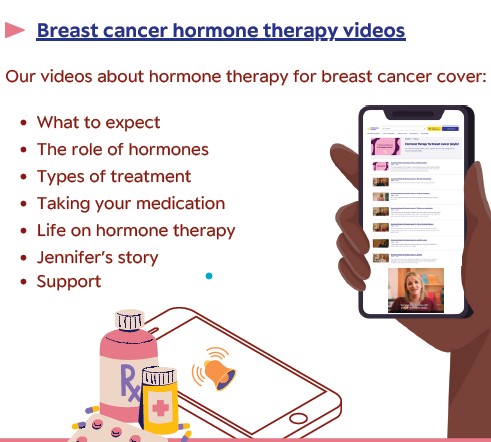
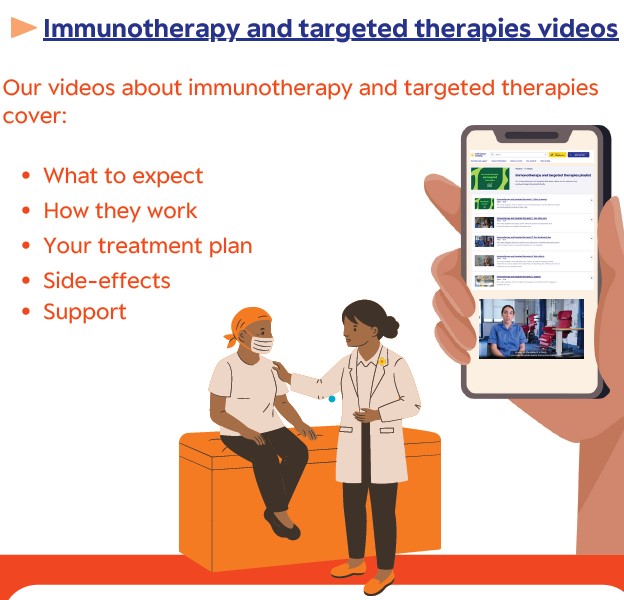


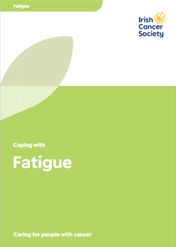
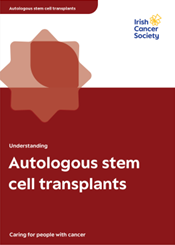

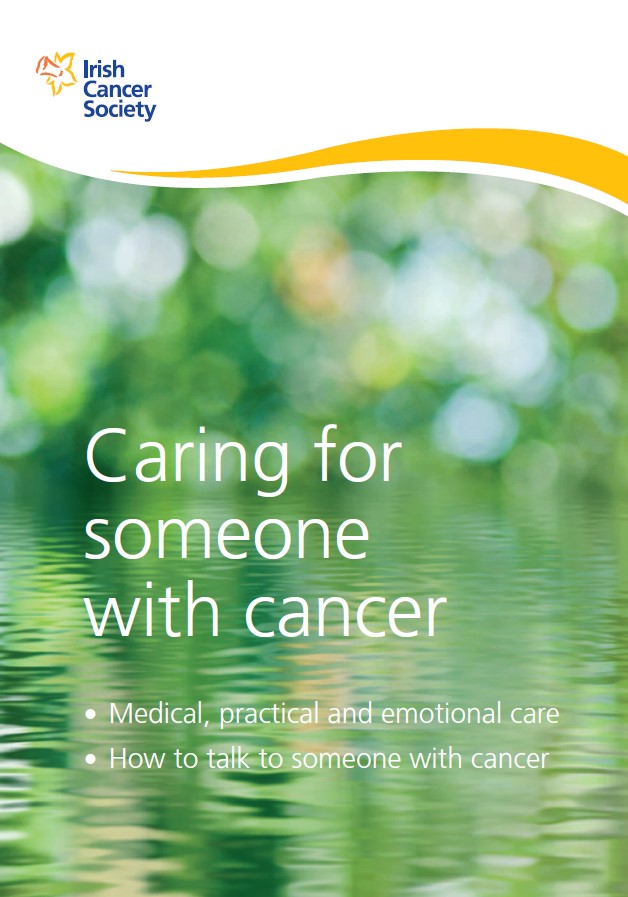
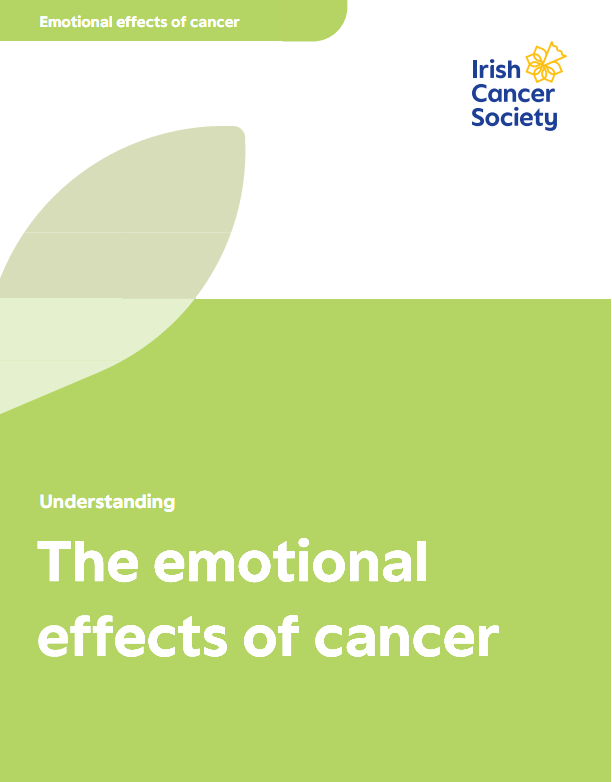
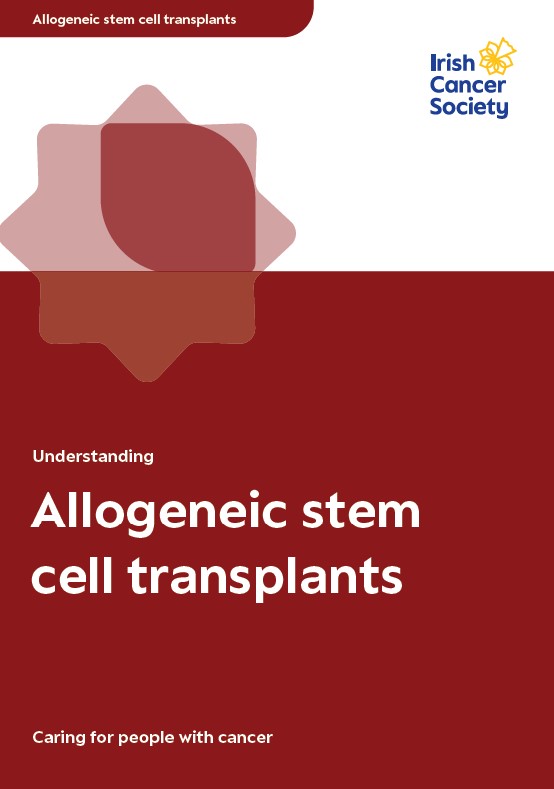





Get help & support

Support Line
Free support pack
